BATANGAS CITY, March 14, 2023 – Conforming to the National Budget Call from the Department of Budget and Management (DBM), the Department of Agriculture – Special Area for Agricultural Development (DA-SAAD) Program’s 15 regional implementing units physical and financial plans were presented and underwent series of questioning from advisory group during the SAAD FY 2024 Plan and Budget Workshop in Batangas City.
The National Budget Call or the National Budget Memorandum No. 145 issued by the DBM is a request to all implementing agencies and officers of the government to start crafting budget proposals for 2024 in preparation for the National Expenditure Program. This defines the budget framework, targets, priorities, guidelines, and procedures for the program’s resource allocation.
SAAD Program, prioritizing the marginalized rural farming and fishing communities in the country targets two essential services that advance not only the welfare of the disadvantaged segment of the population but also the local agricultural development of the rural communities.
Mr. Darwin Pamatmat, Head of the Operation Planning Budget Monitoring and Evaluation (OPBME) presented and discussed the DBM Budget Call 2024, DA FY 2024 Plan and Budget Guidelines, DA-SAAD Phase 2 FY 2023-2028 Implementing Guidelines, and DA-SAAD Phase 2 FY 2024 Plan and Budget Guidelines.
In the policy framework, SAAD adheres to the Ambisyon Natin 2040, Sustainable Development Goals (SDGs) 2023, and the 8-point Economic Agenda which the DA uses to align its FY 2024 proposal.
Further, the Program observes the comprehensive national fiscal strategy that facilitates short-term macro-fiscal stability while grounding the economy to its growth trajectory. This means that equal priorities shall be given to (1) basic public social services with full support to the vulnerable and disadvantaged social sectors, and (2) continuous development of physical, digital, and social infrastructures that will help the economic and financial stability of the country.
Mandated to protect and promote food security, the SAAD acts as part of DA’s actions in addressing immediate challenges such as persistent poverty in rural areas and food insufficiency by strengthening local food production through the provision of agriculture and fishery livelihood projects.
Underscoring the crucial part of the DA and SAAD in the national economic priorities, DA-CALABARZON (4A) Regional Executive Director Milo Delos Reyes pointed out that as implementers, proposed livelihood projects should address the needs of the target beneficiaries, and help improve the livelihoods of small-scale farmers and aquaculture communities.
SAAD National Program Director Ulysses J. Lustria, Jr. reminded the whole team that the purpose of the program and its services are focused on the needs of the marginalized sectors of the country that belong to the top-third in poverty incidence rates (PSA, 2018) and 5th-6th income class municipalities. “We cannot overemphasize the importance of this assessment; this is in preparation for our 2024 plan budget. The Internal Budget Hearing (IBH) will happen next week, we have to show that we are prepared to implement the program and that our direction is to support the thrusts of the Agency, and the direction of the administration,” Dir. Lustria said.
The budget workshop is also an avenue to float requirements and guidelines of partner units and bureaus to harmonize and support the program’s implementation.
DA-BFAR convergence. Bureau of Fisheries and Aquatic Resources (BFAR) SAAD implementers explored DA-BFAR convergence to be included in the agriculture sectors’ pipelined projects for 2024. Agriculture sector implementers welcomed said collaboration and shall proceed to identify areas of collaboration.
Agricultural mechanization. With the Program’s aim to include the communities in the mechanization initiatives of the Agency, the regional implementing units requested a leveling off, and standardization of requirements with the Bureau of Agricultural and Fisheries Engineering (BAFE) and Regional Agricultural Engineering Division (RAED) to help ease the preparation of documents.
PRA. As a tool to include community perspectives and voices of the beneficiaries, the program currently conducts Beneficiary Needs Assessment (BNA) – a pivot from the originally and ideally planned Participatory Rural Appraisal. For 2024, the regional implementing units will utilize the PRA as an approach to community studies.
Further, diversification, adjustments, and reevaluation of target livelihood packages and other items of the regional offices’ proposal shall be improved accordingly following the existing guidelines, negative lists, and considering the suggestions of the advisory group.
After adjustments, the final plan and budget proposal (PBP), as the expected output for the activity, will then be consolidated as one document and forwarded to the DA. With the IBH that will transpire in the following week, SAAD’s PBP will then be justified before the DA technical panel.
A total of 120 participants attended the workshop: program implementers from the national, regional, and provincial levels; DA offices (Special Projects Coordination and Management Assistance Division, Planning and Programming Division, Bureau of Agricultural and Fisheries Engineering, and Agricultural Training Institute); and the Bureau of Fisheries and Aquatic Resources – National Program Management Support Office (BFAR-NPMSO). ###
Writer: Jessa Mae Gabon, NPMO-PRDC Head
Photos by: Jennifer Valcobero, NPMO-PRDC Staff

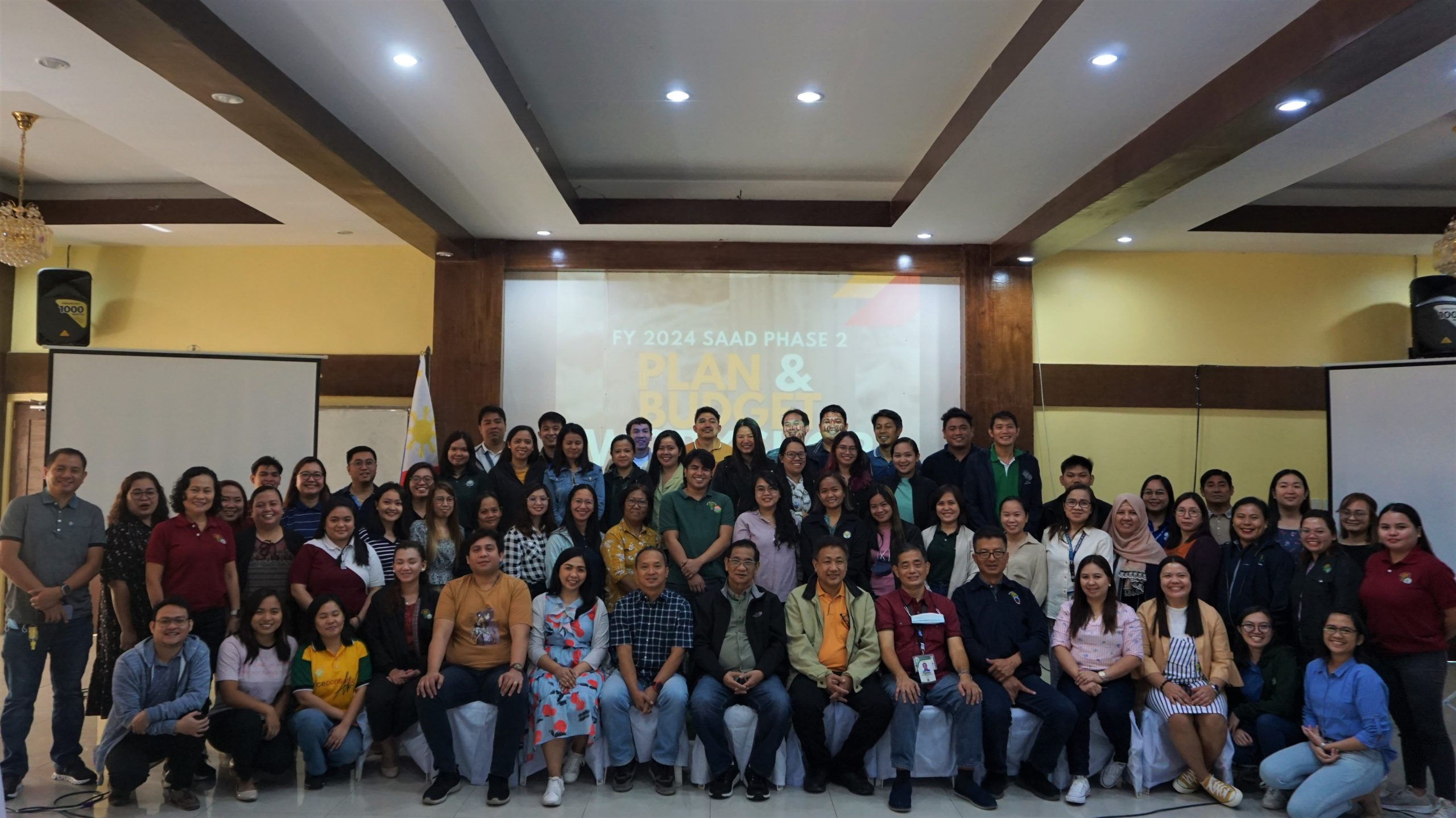
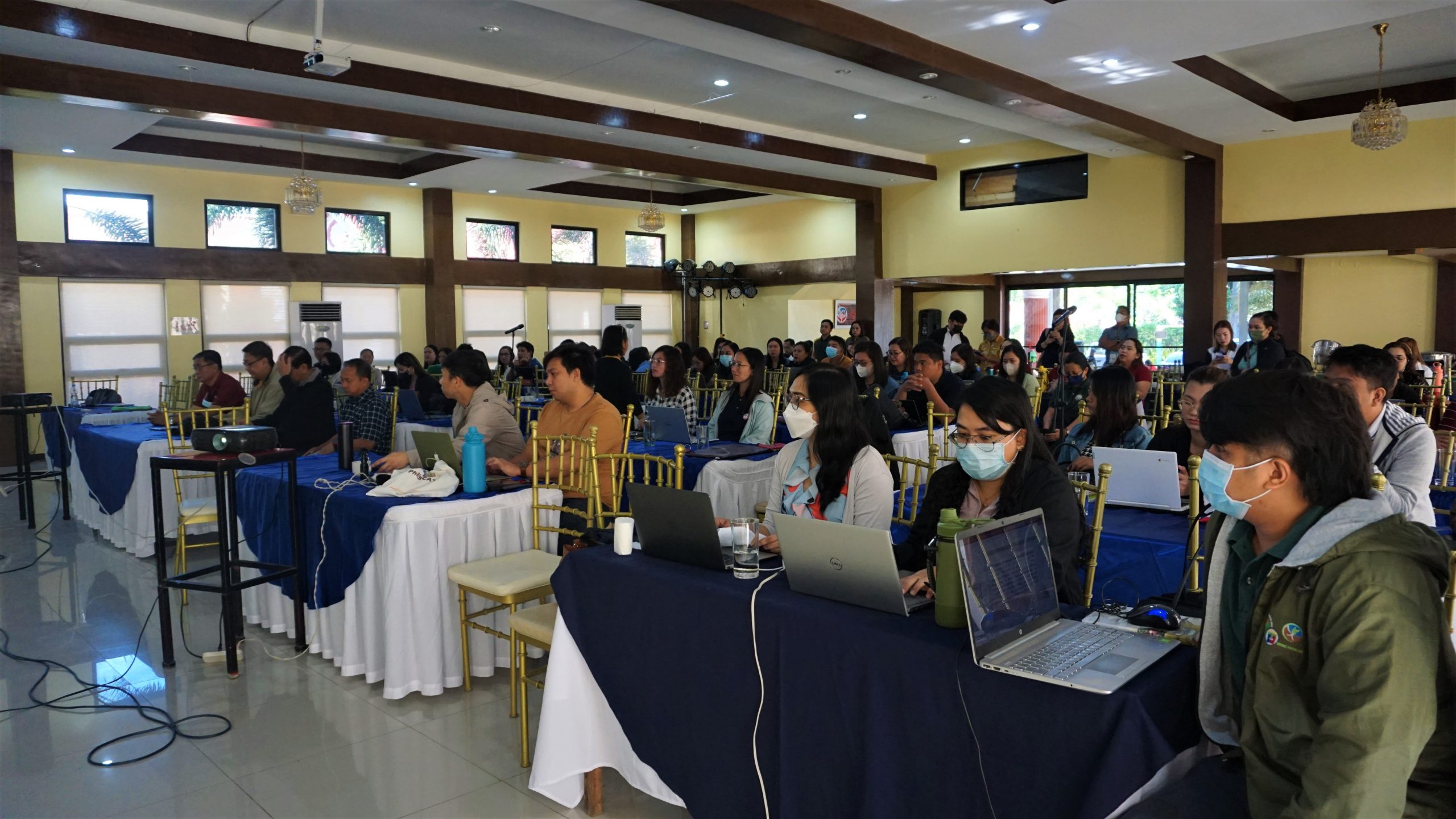
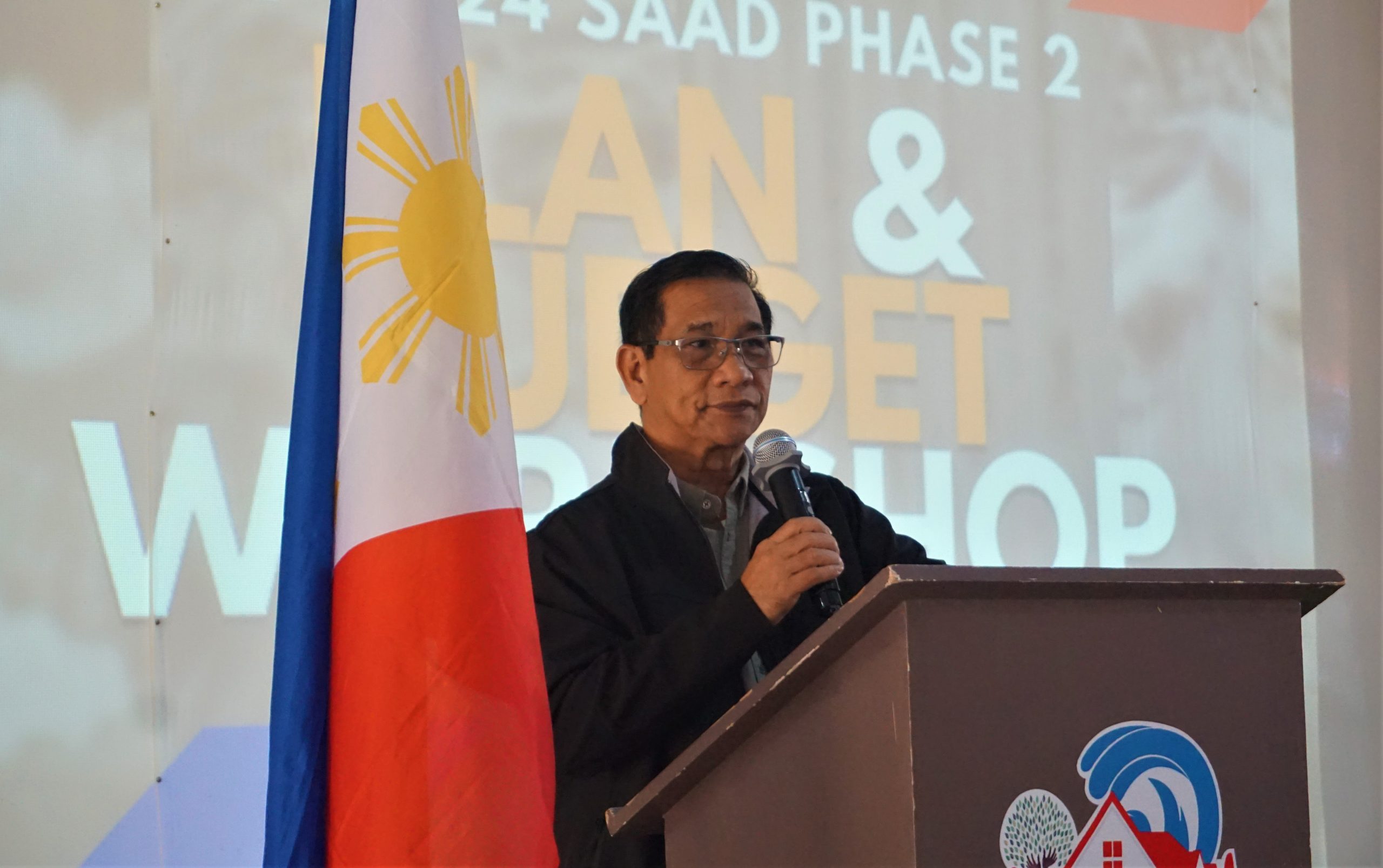
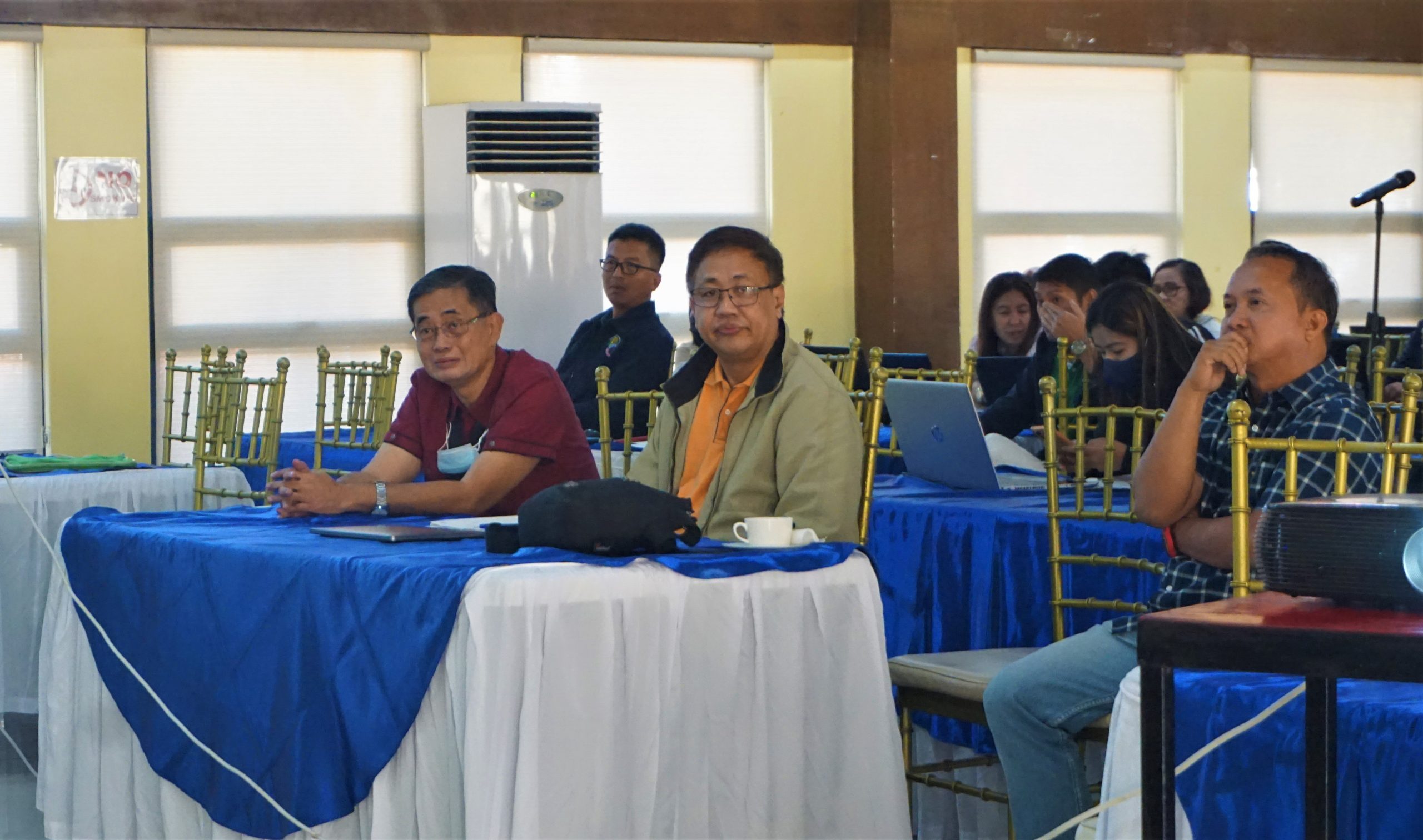
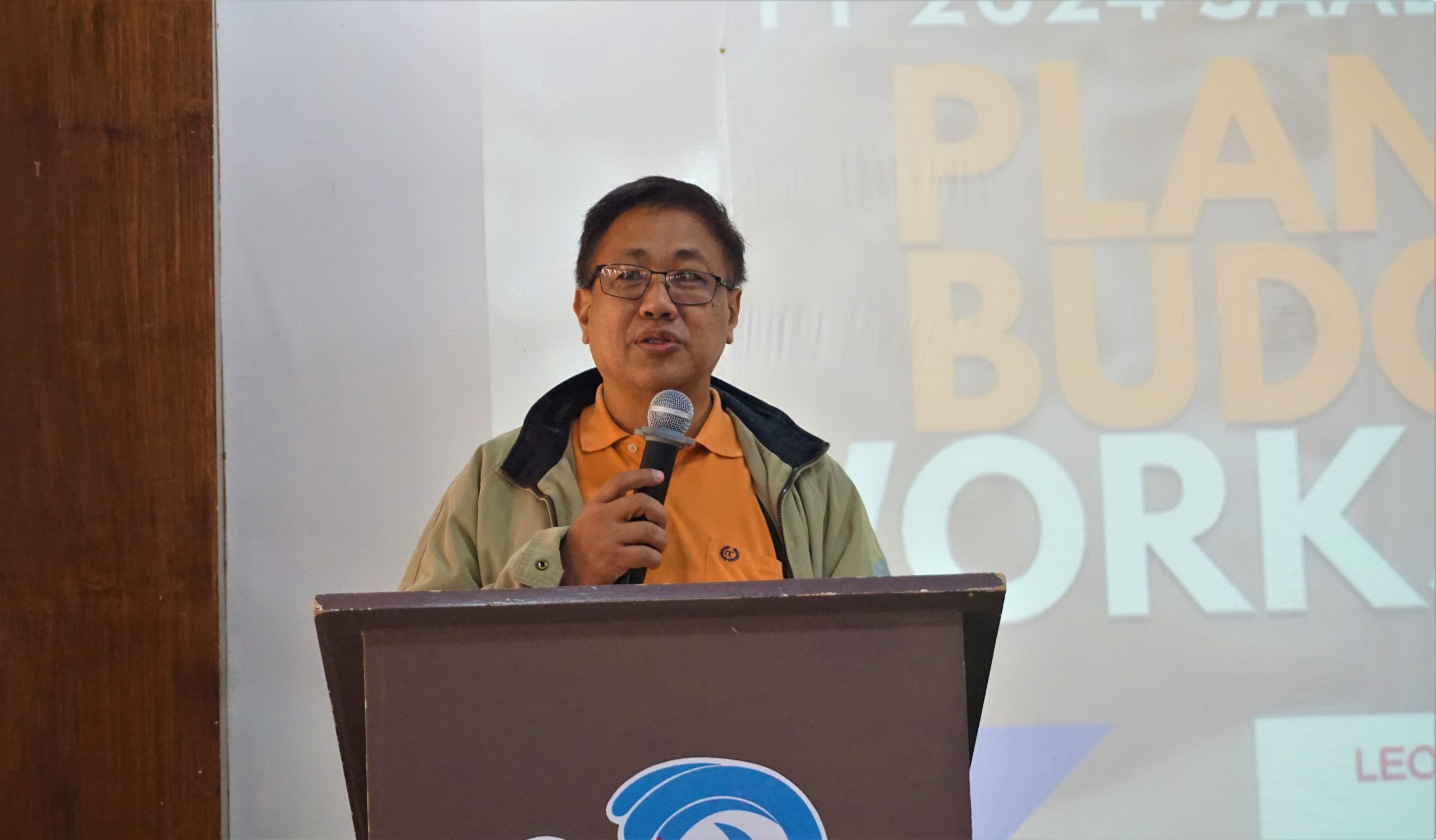
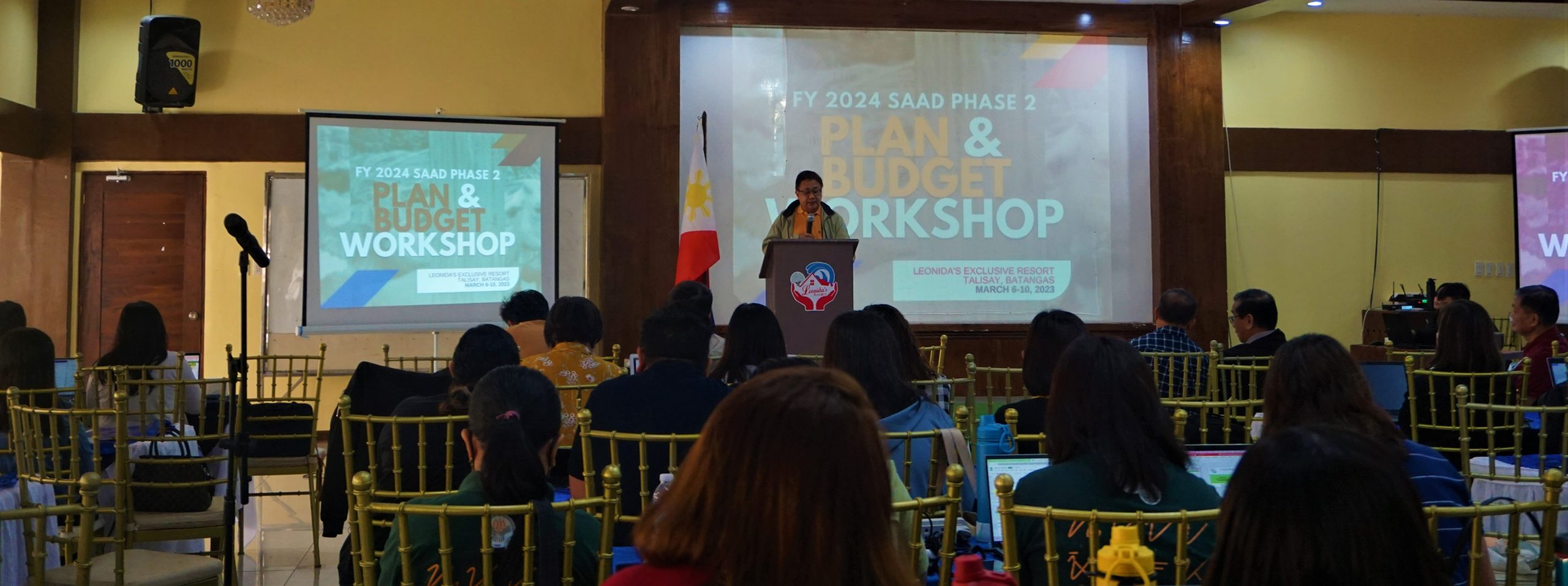
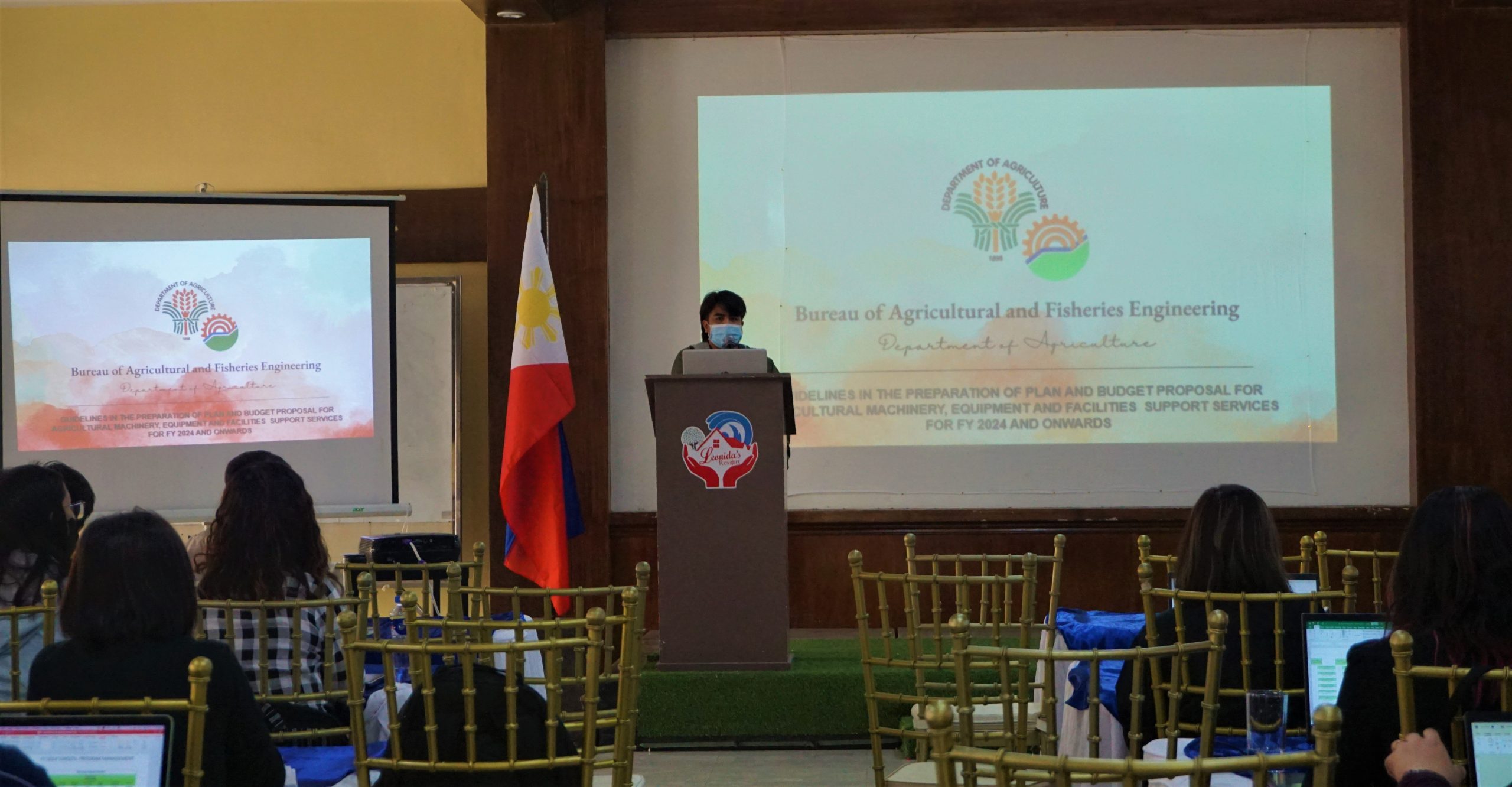

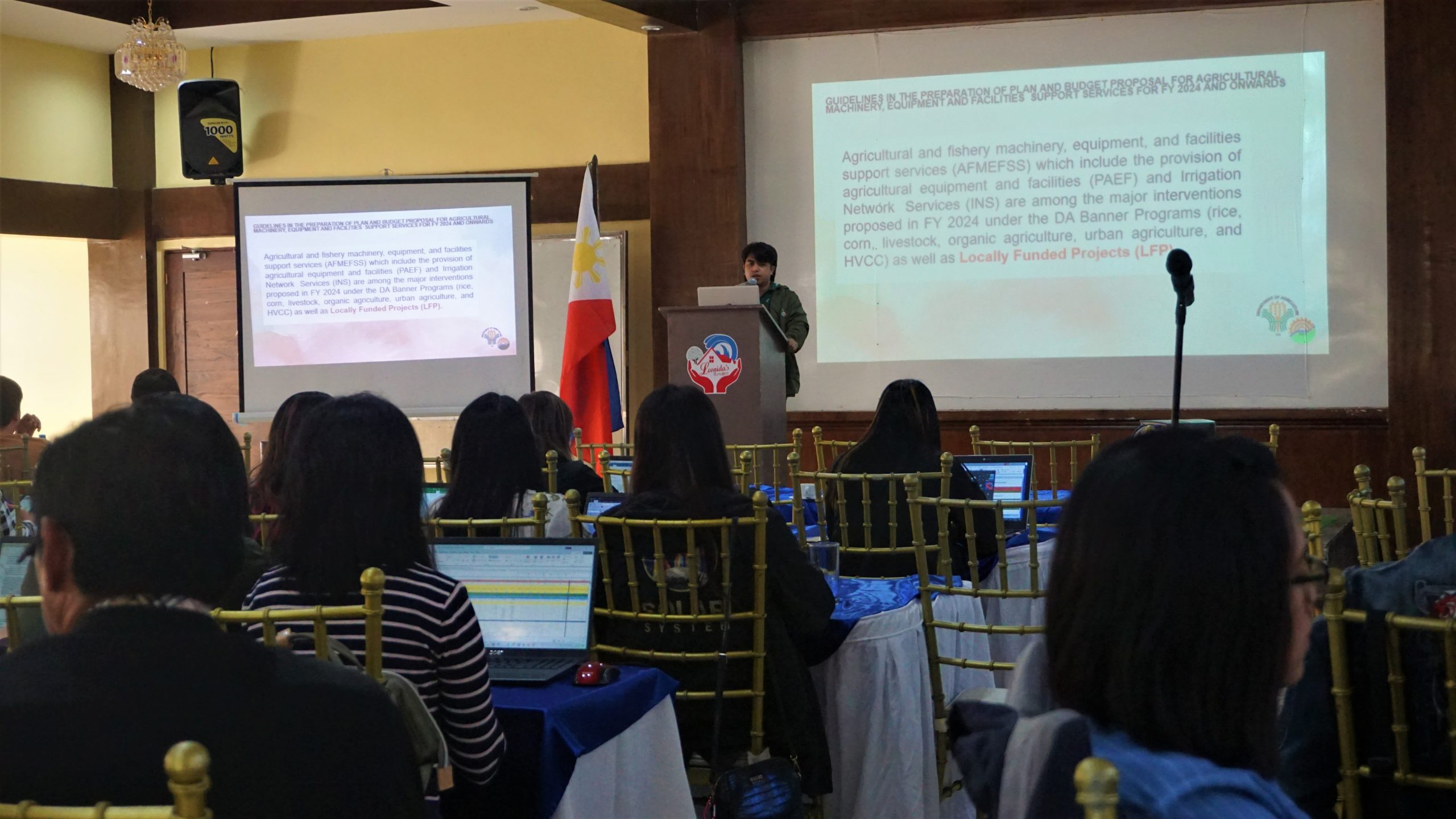
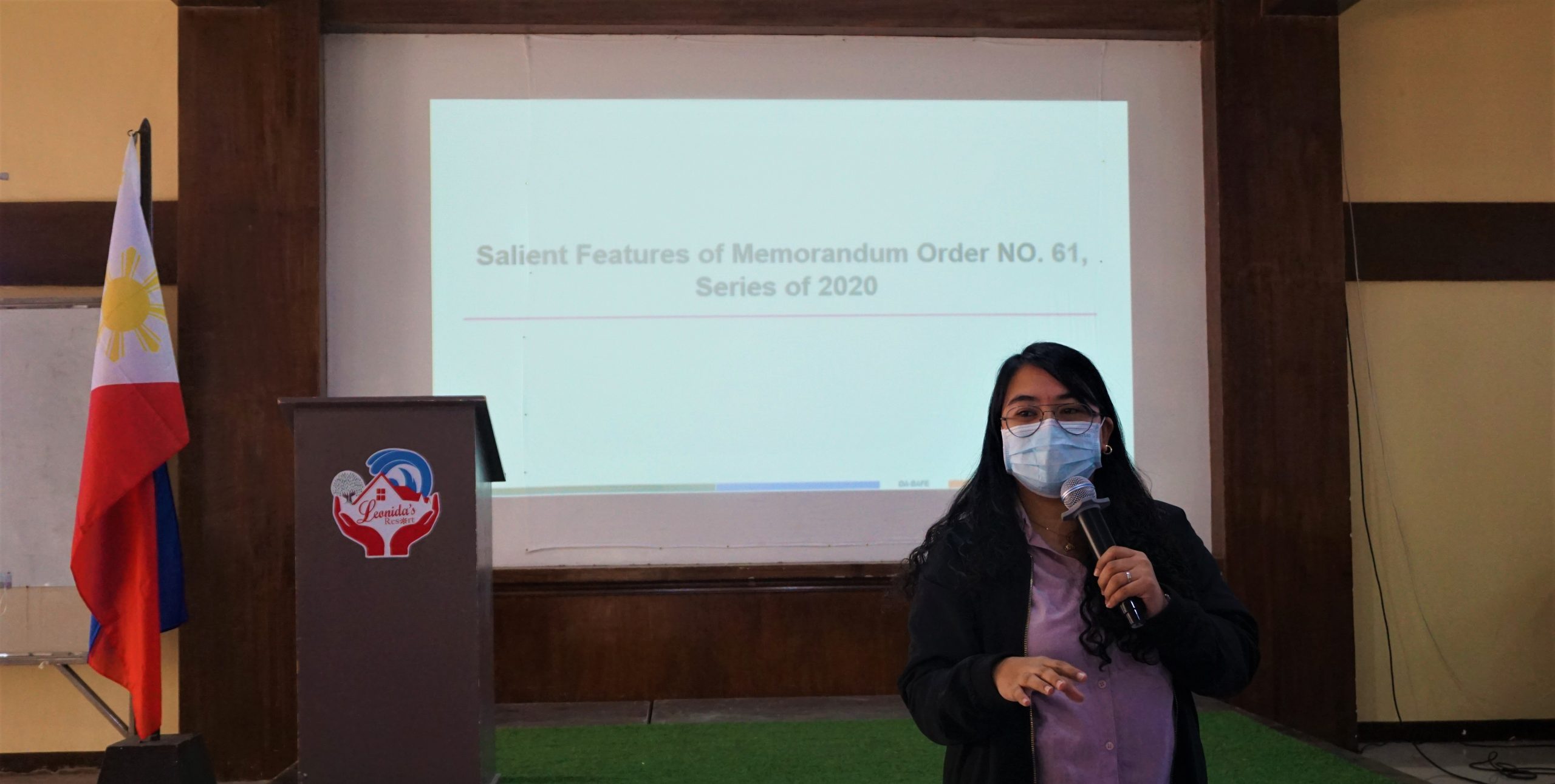
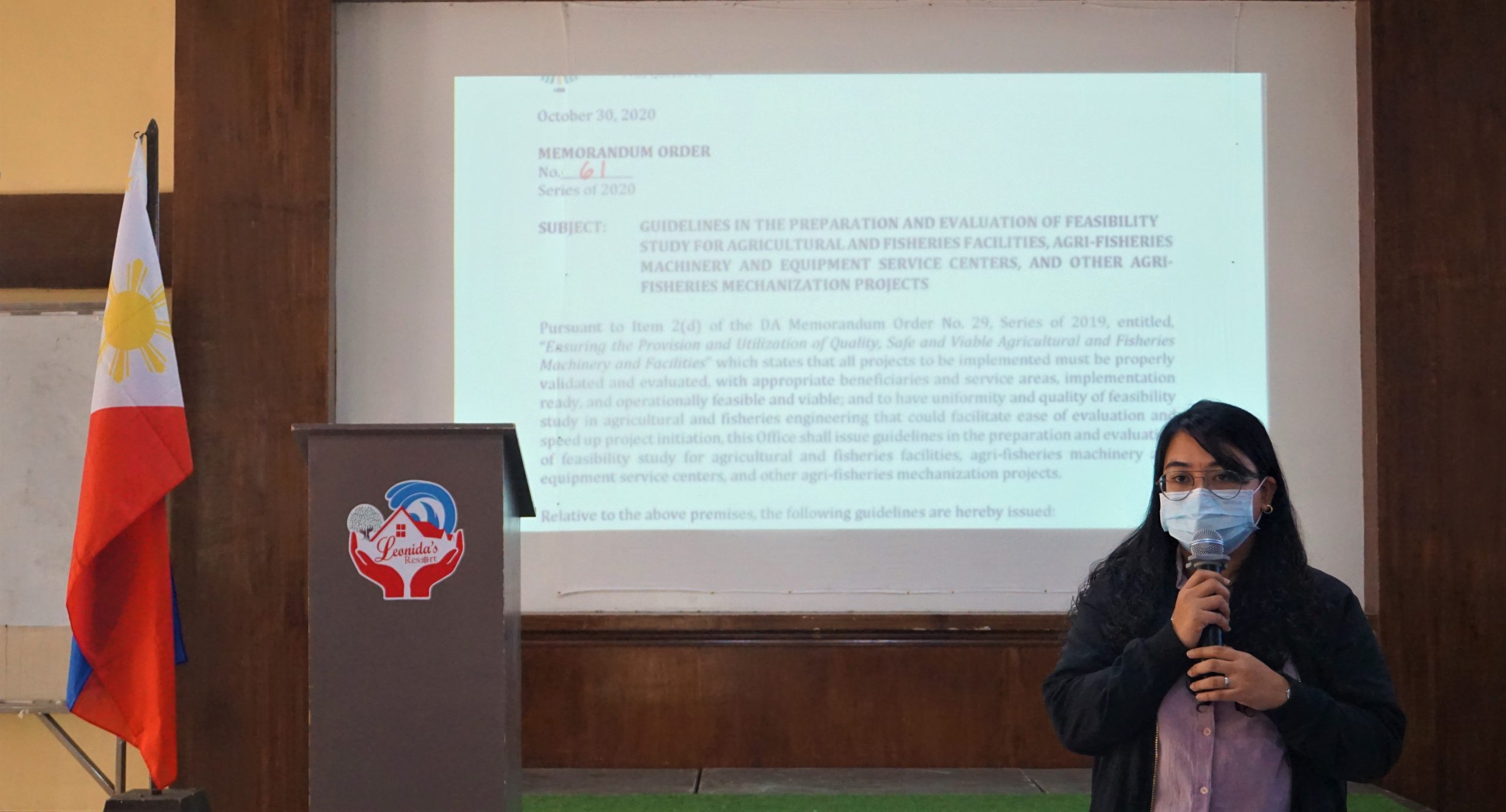
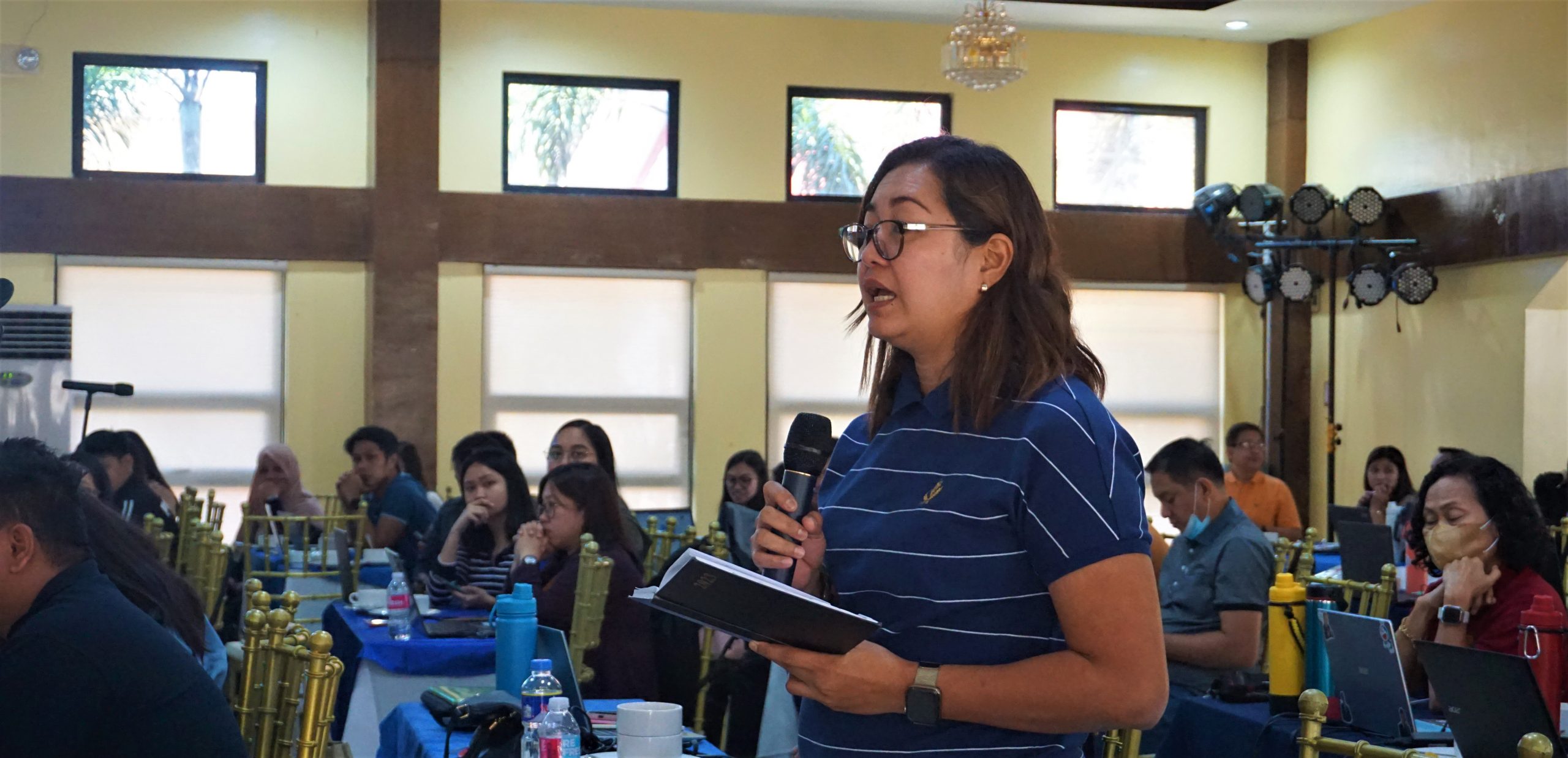
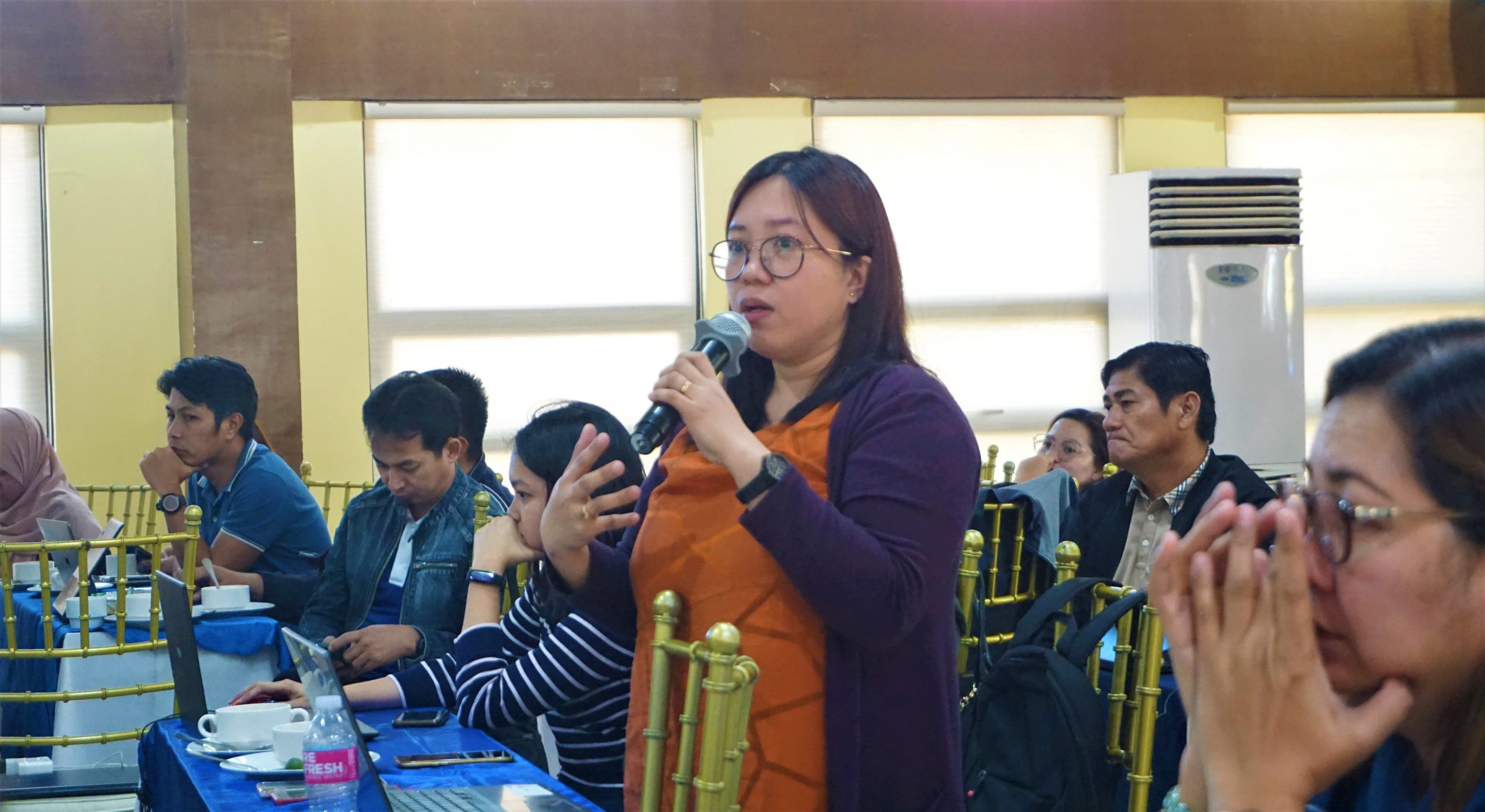
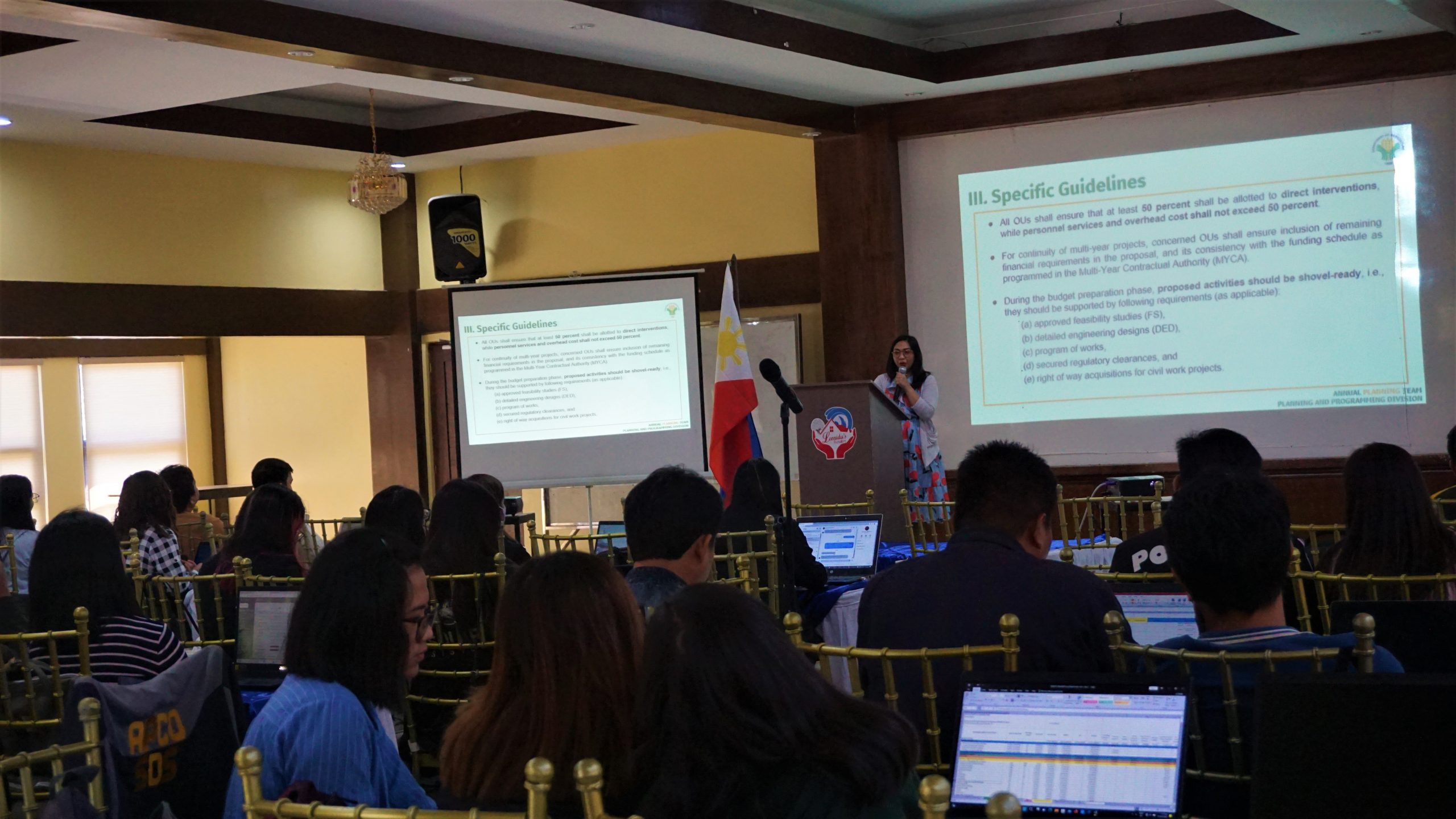
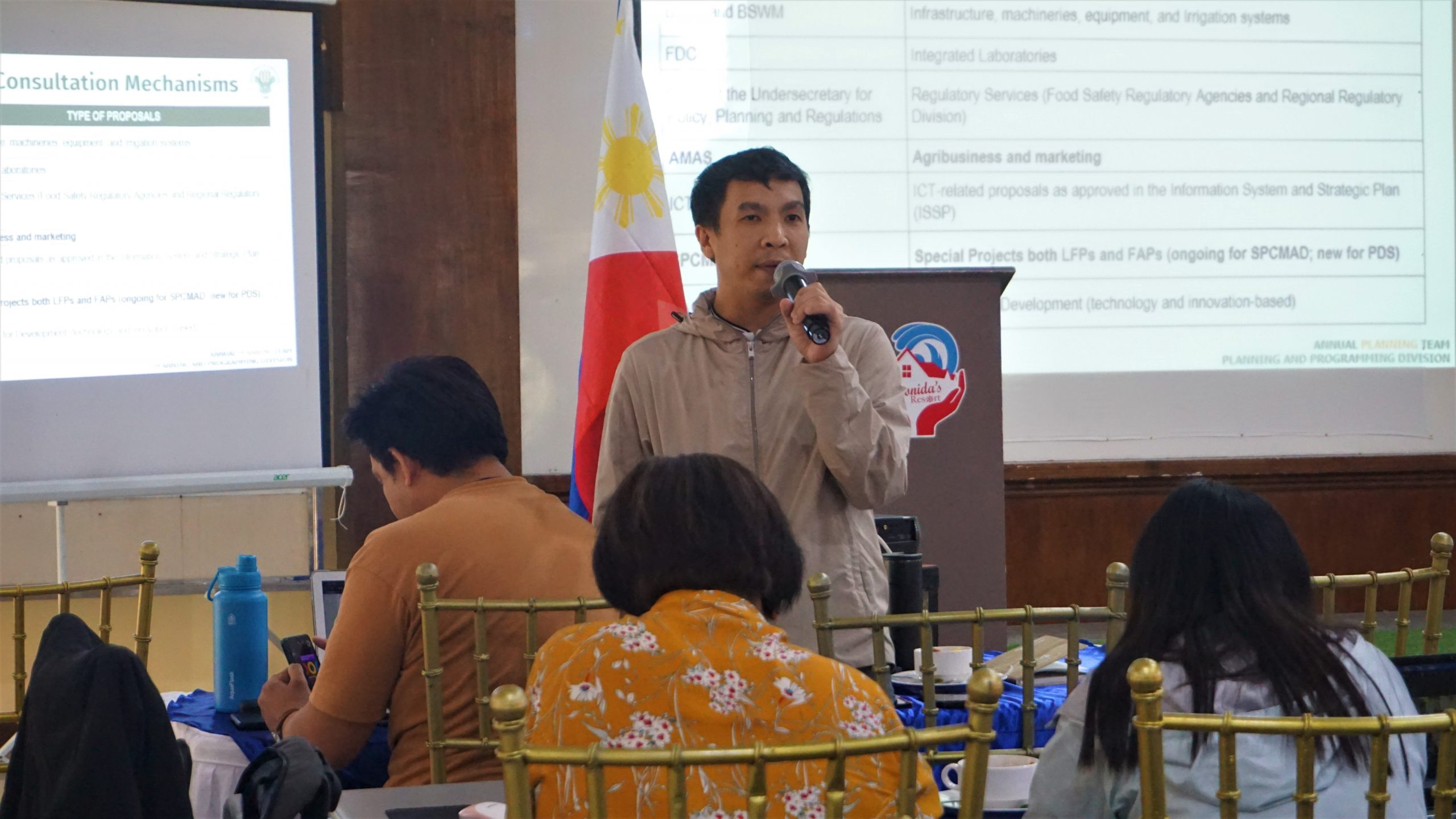
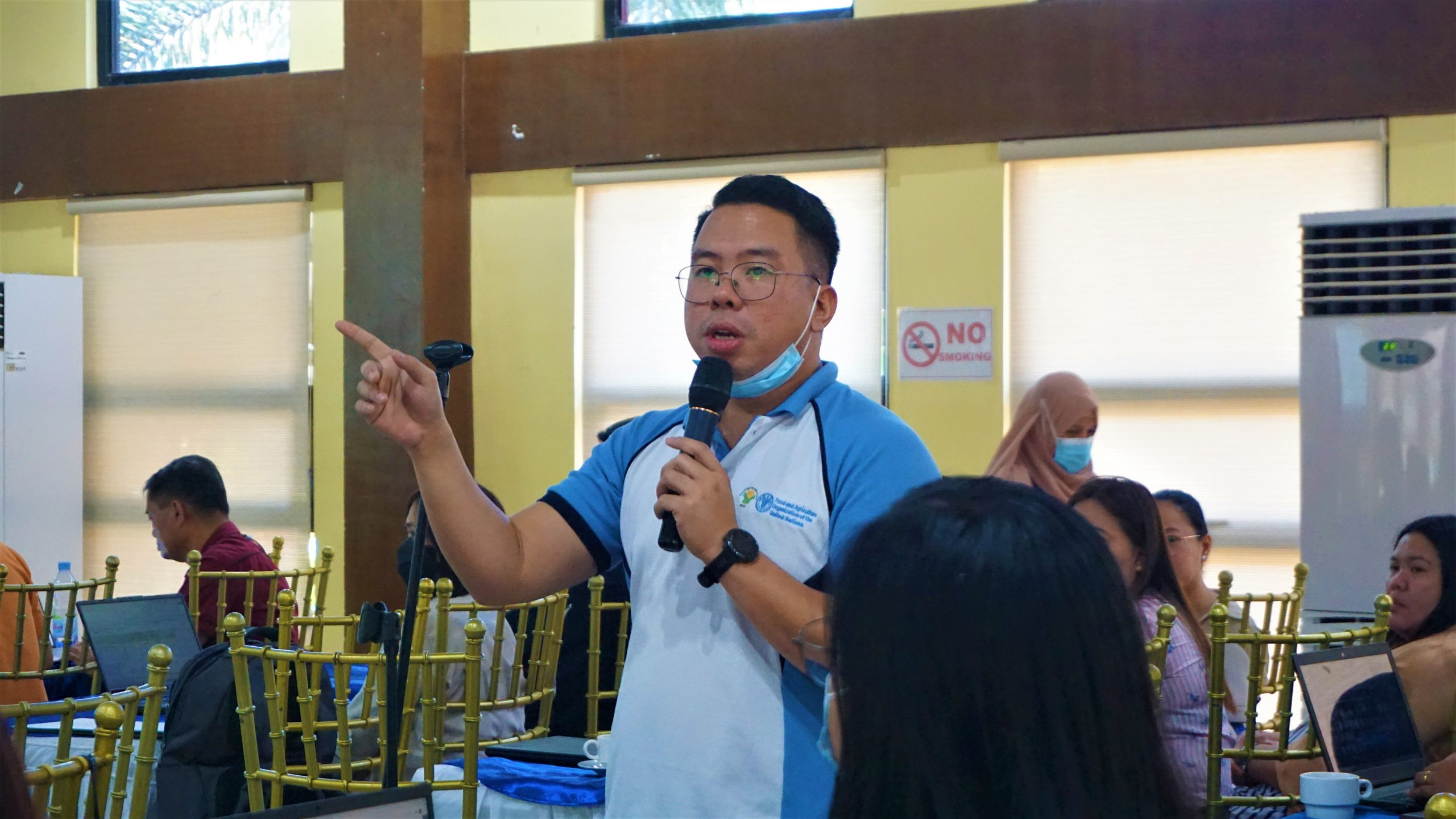
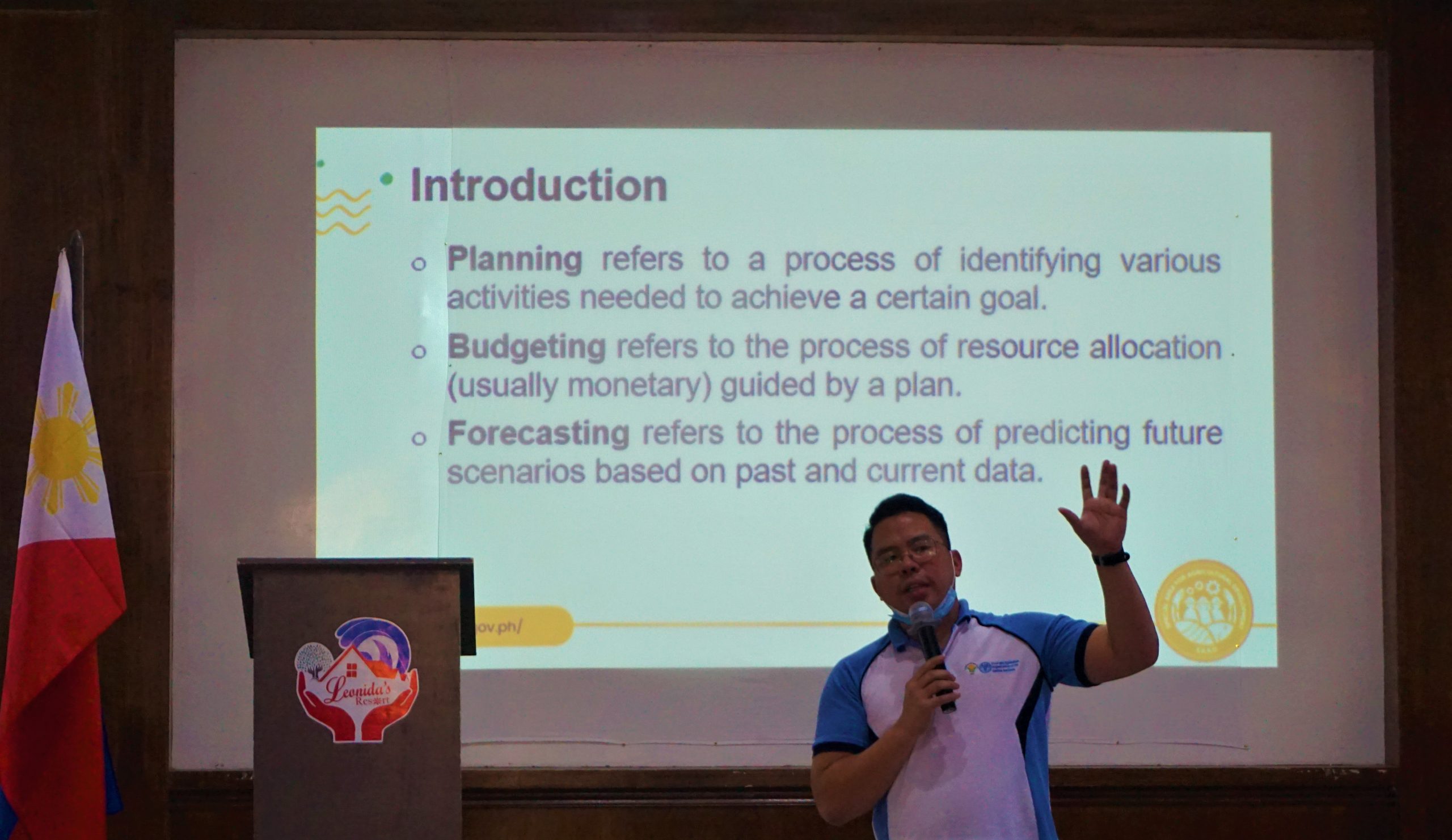
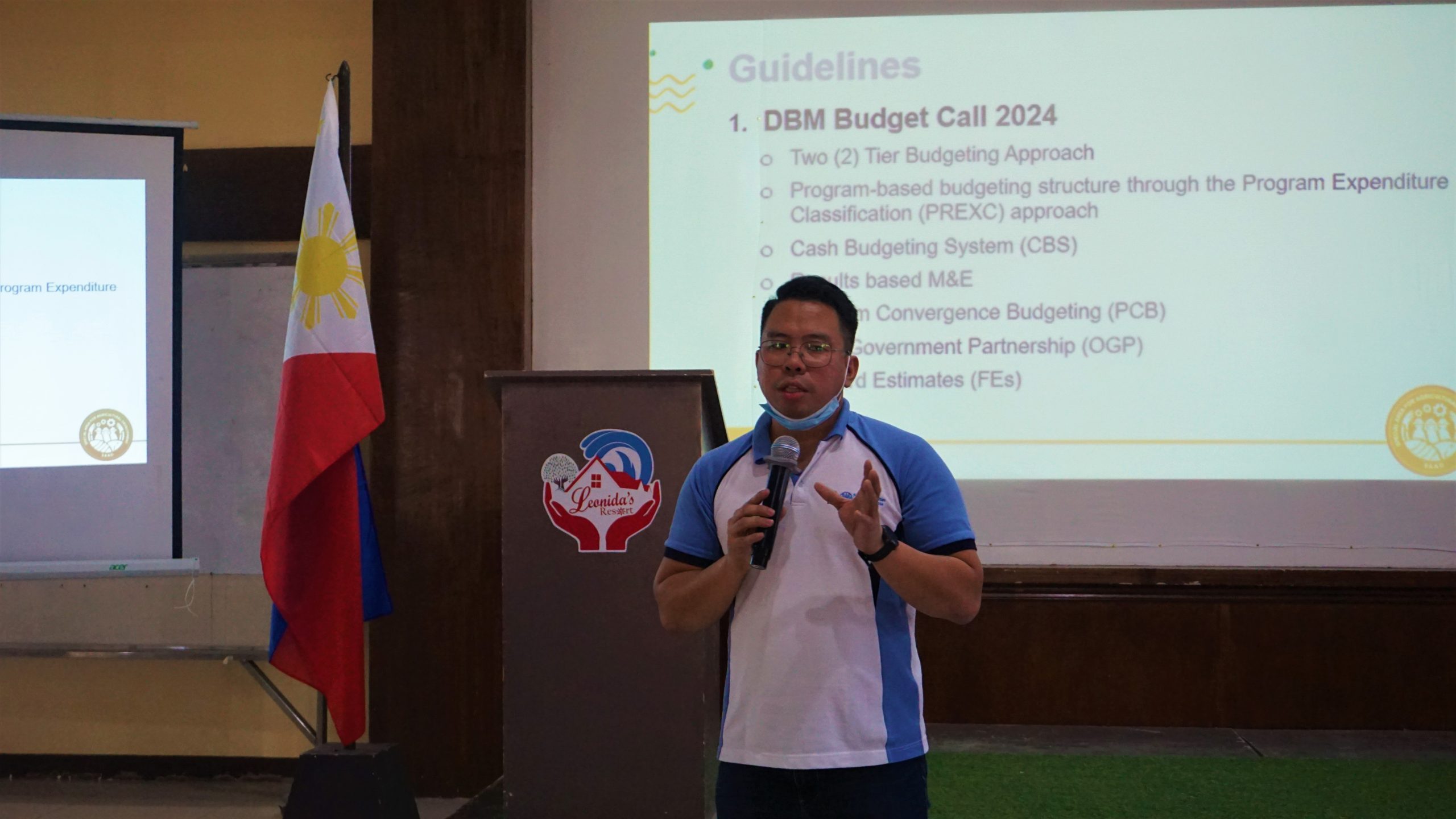
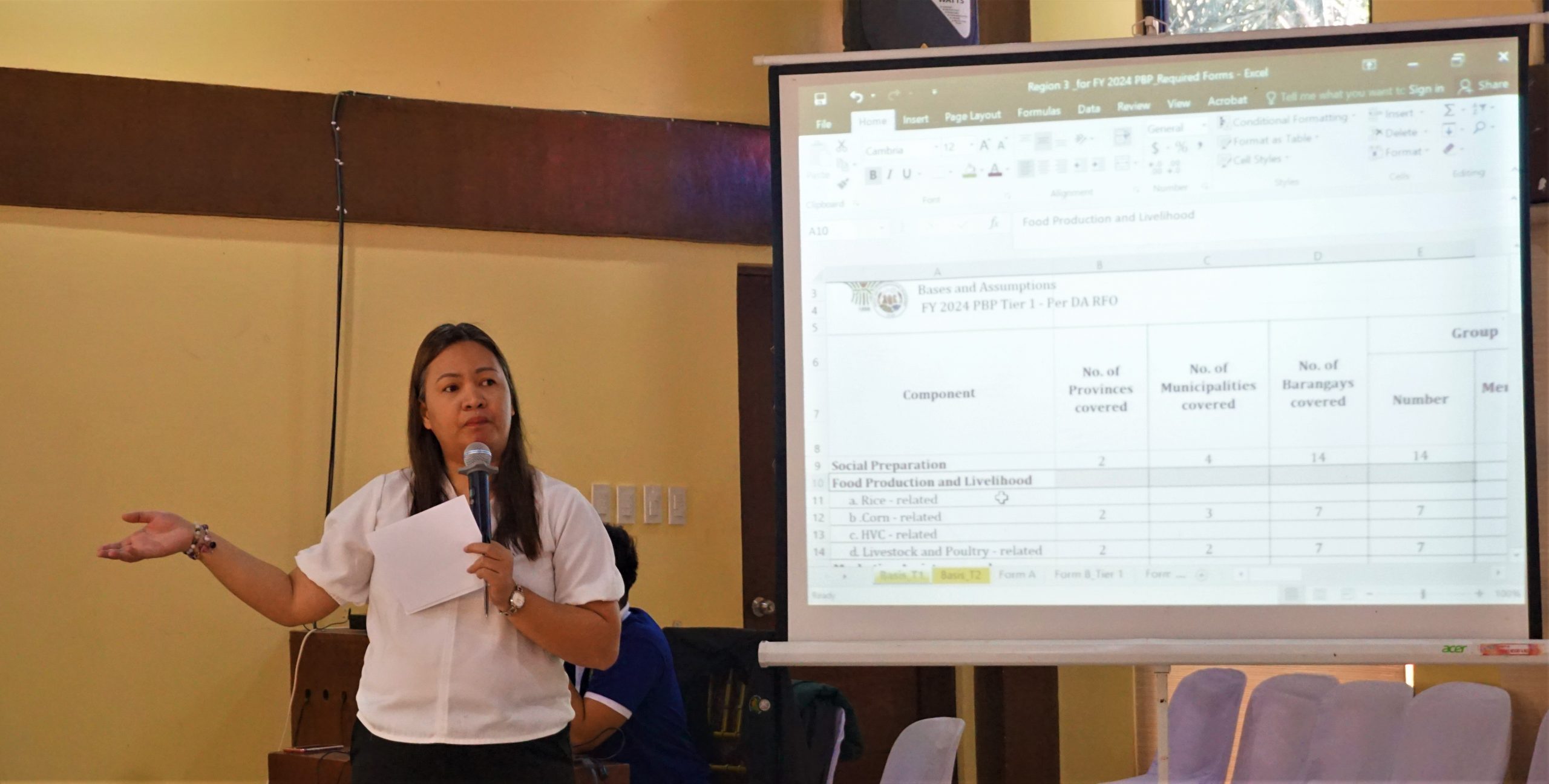
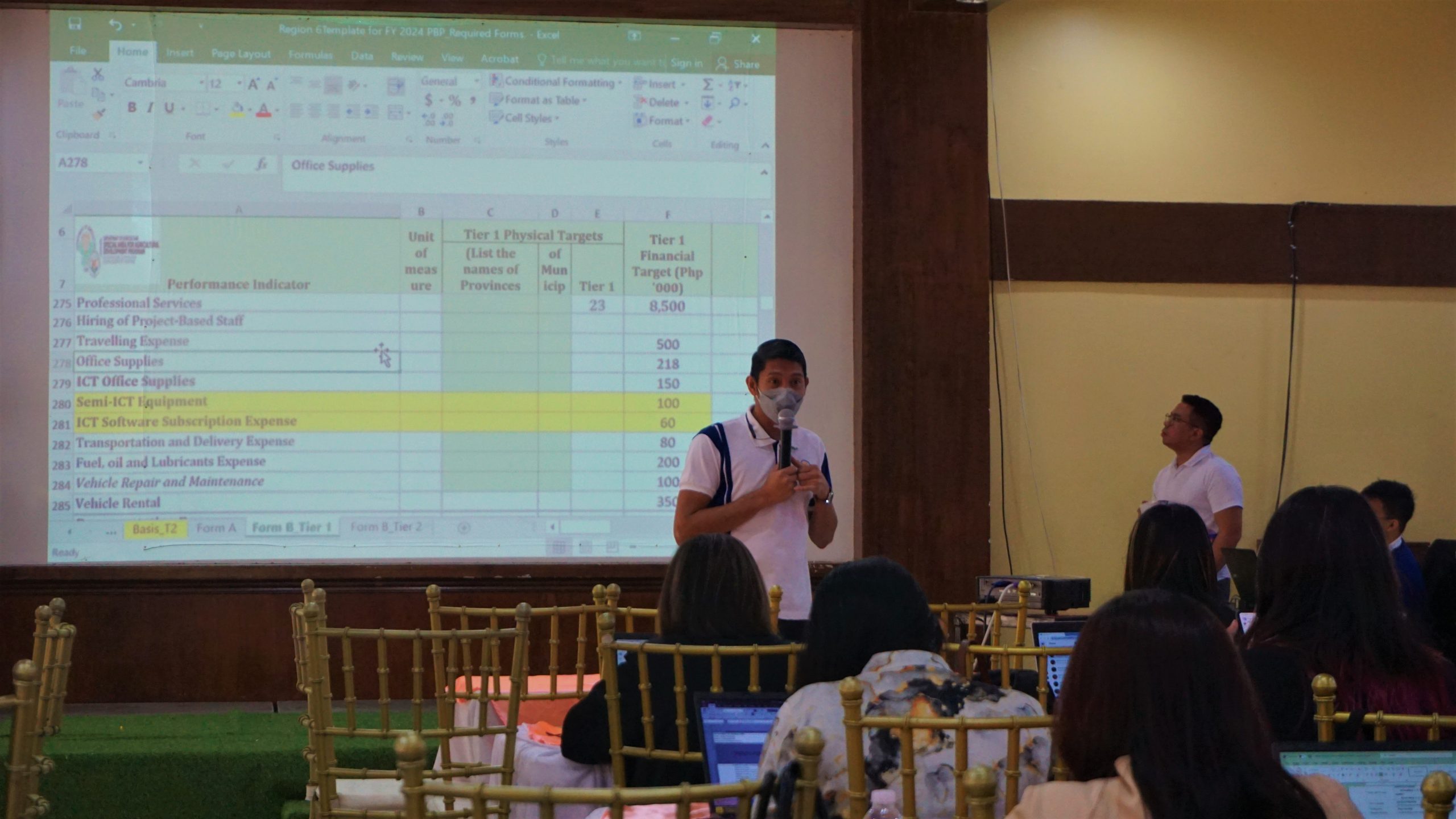
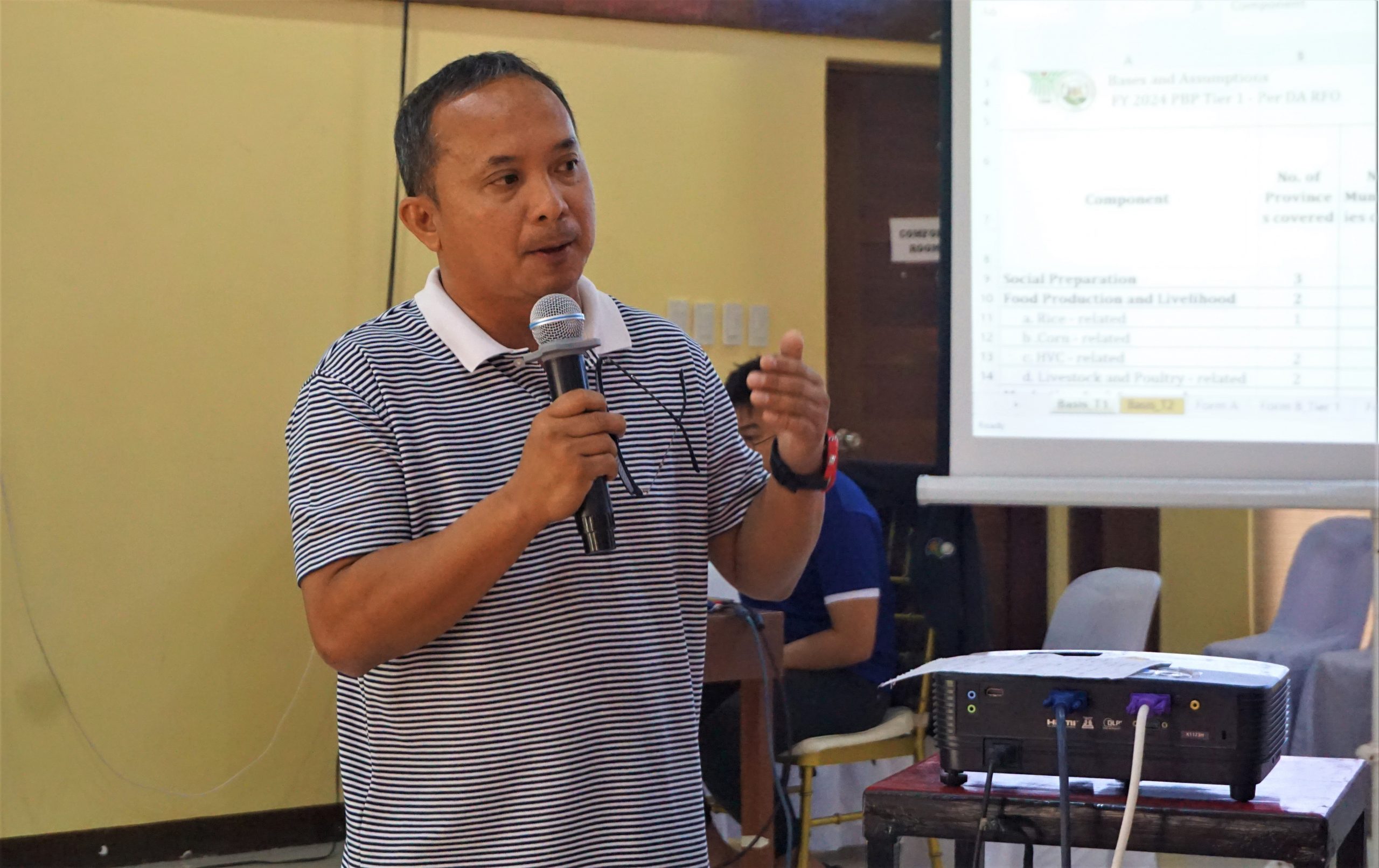
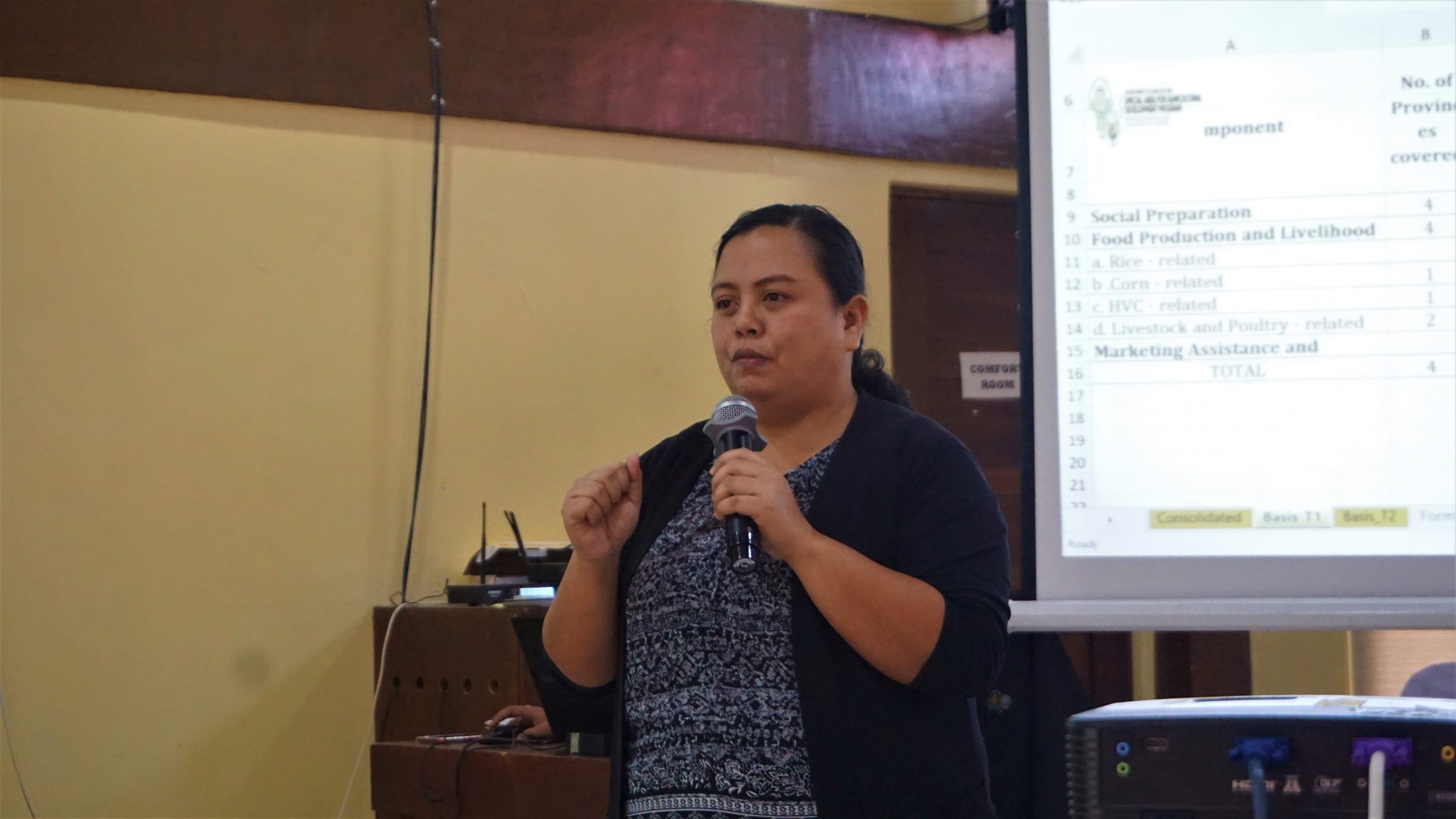
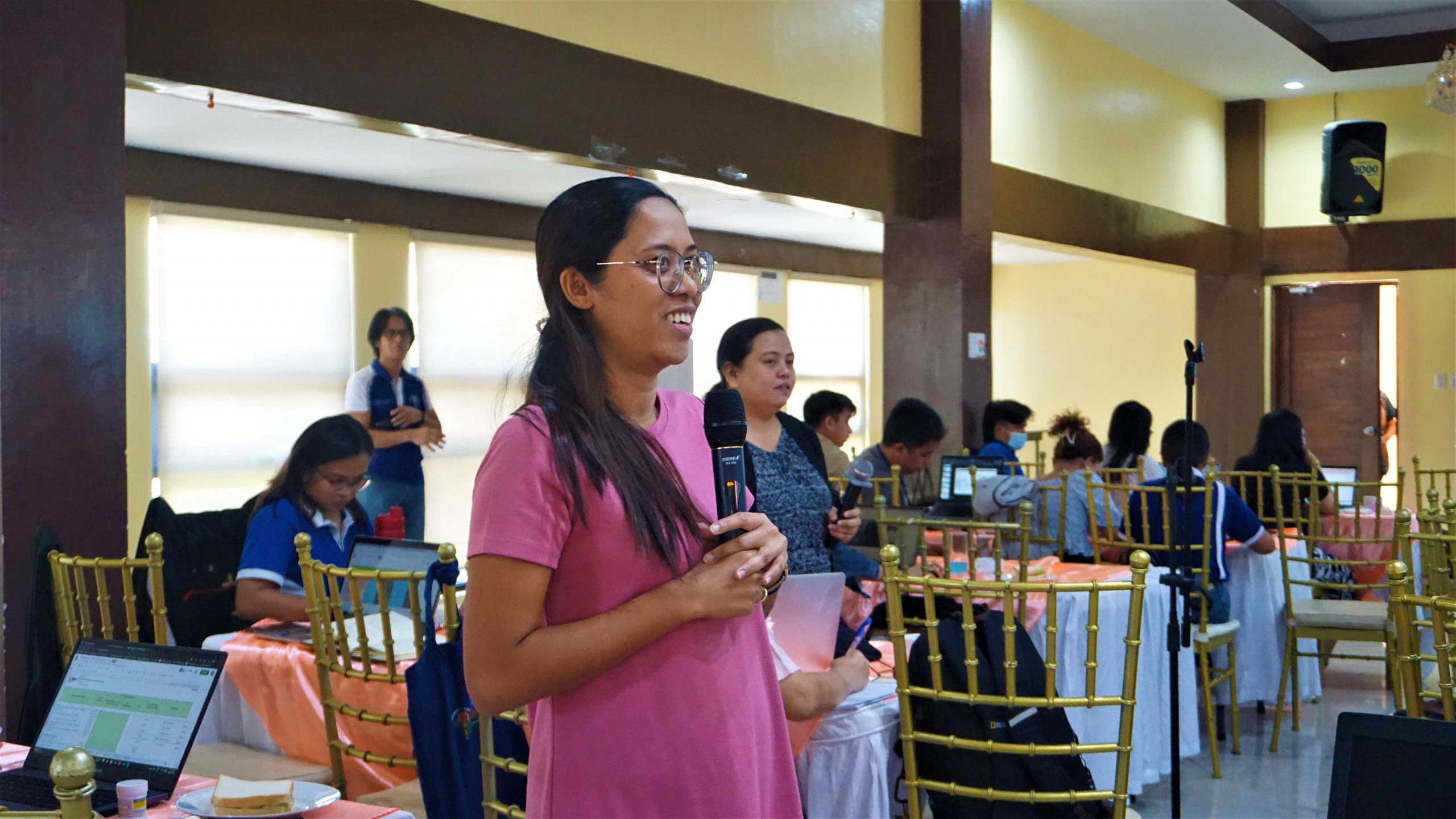
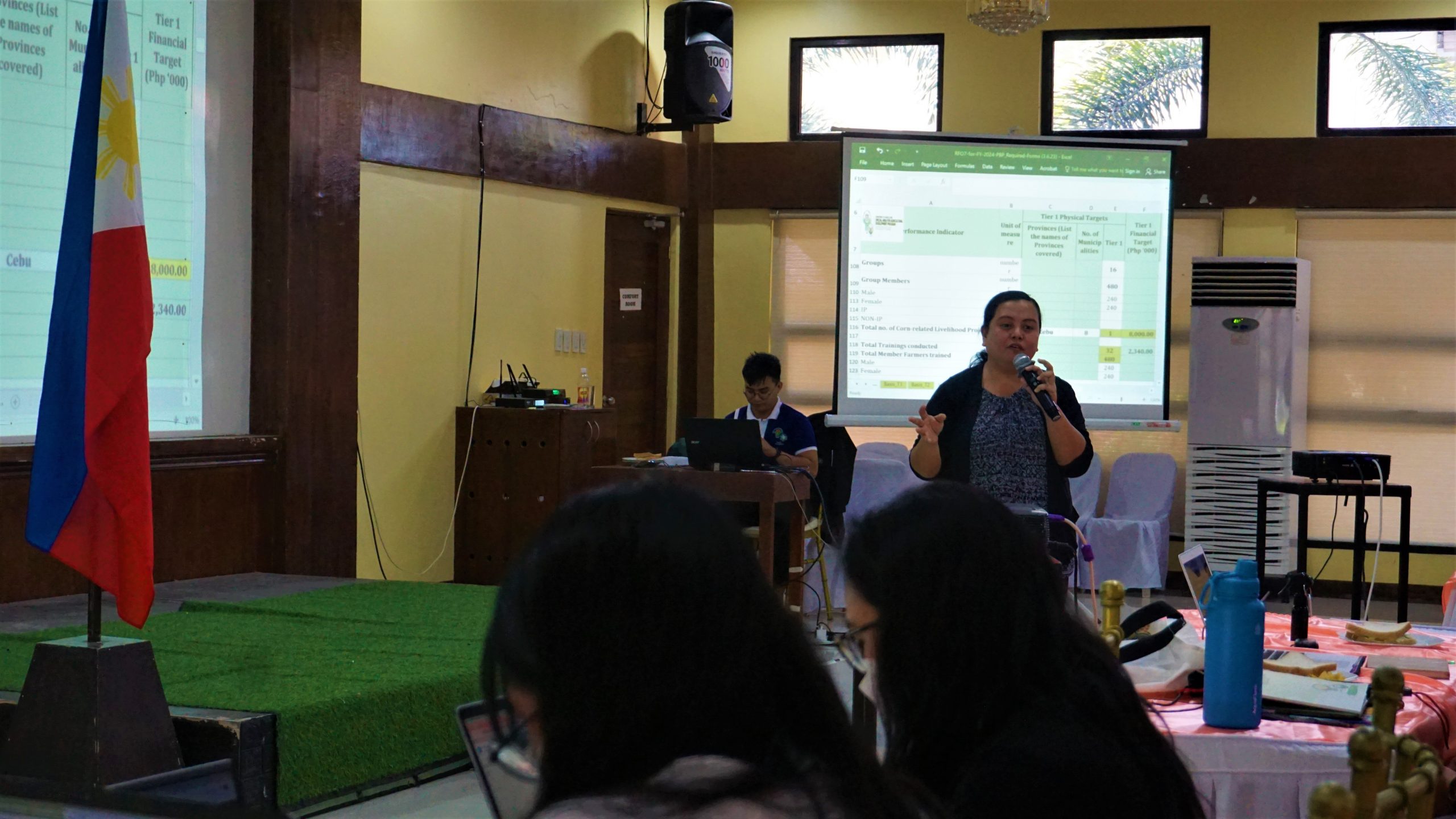
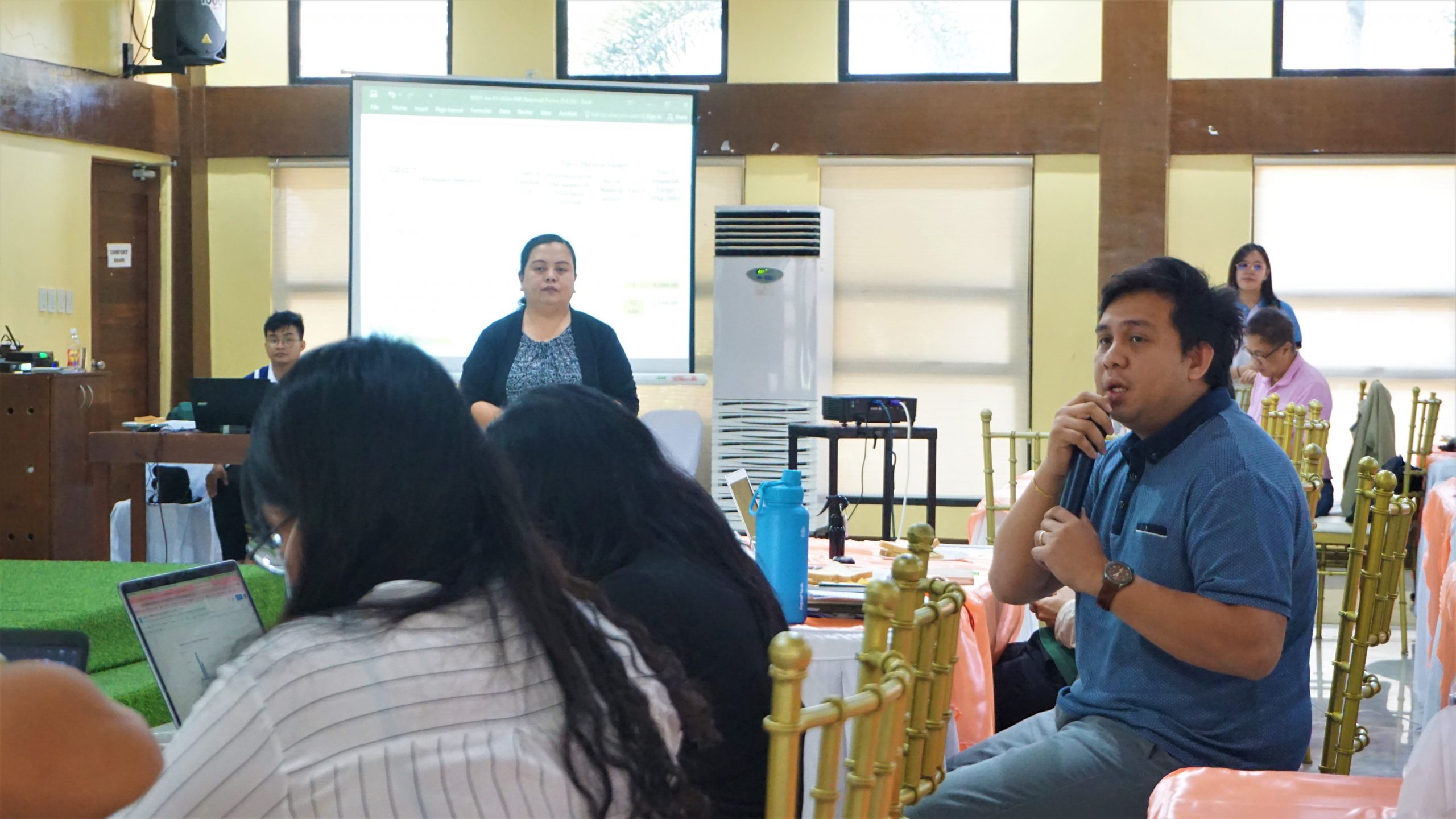
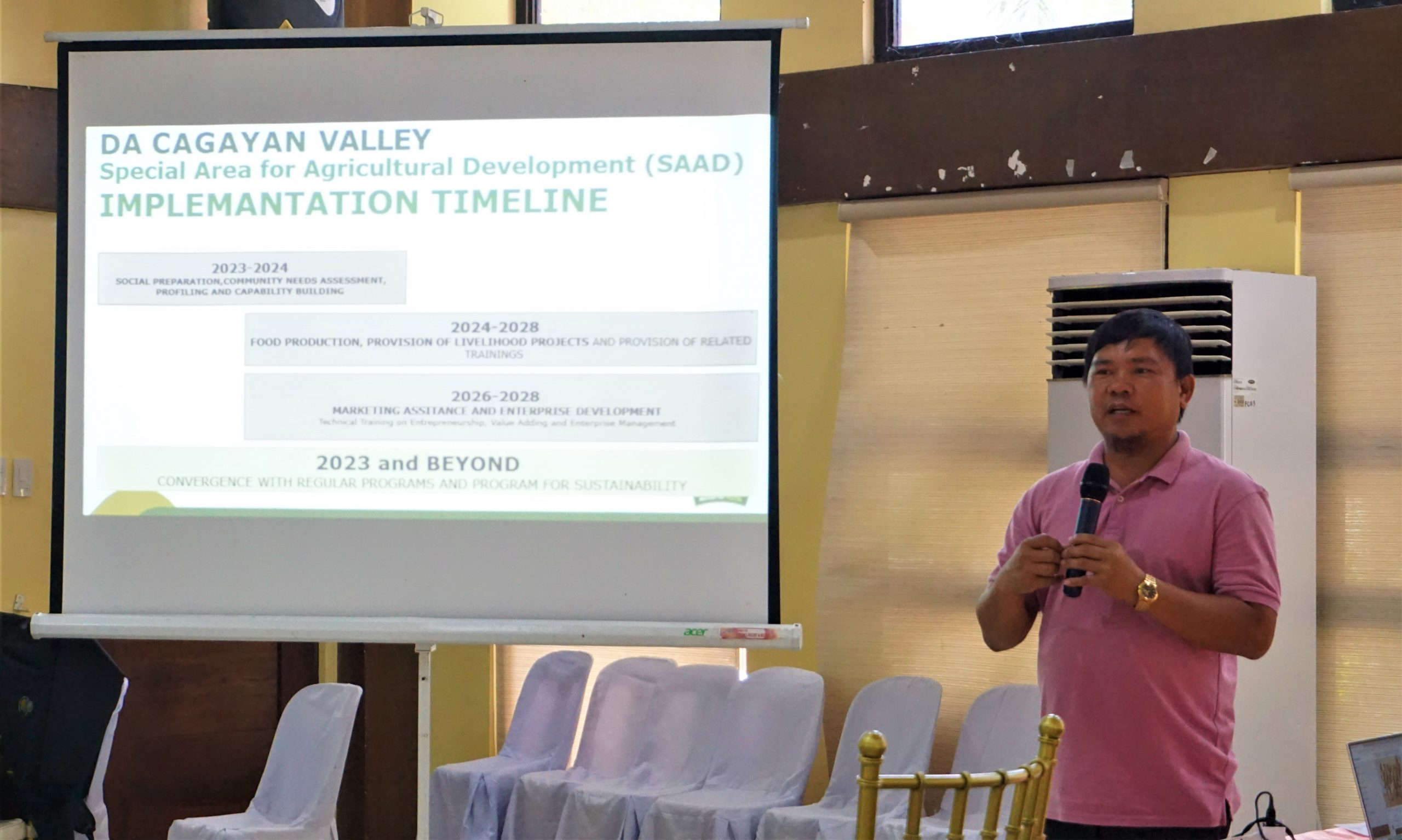
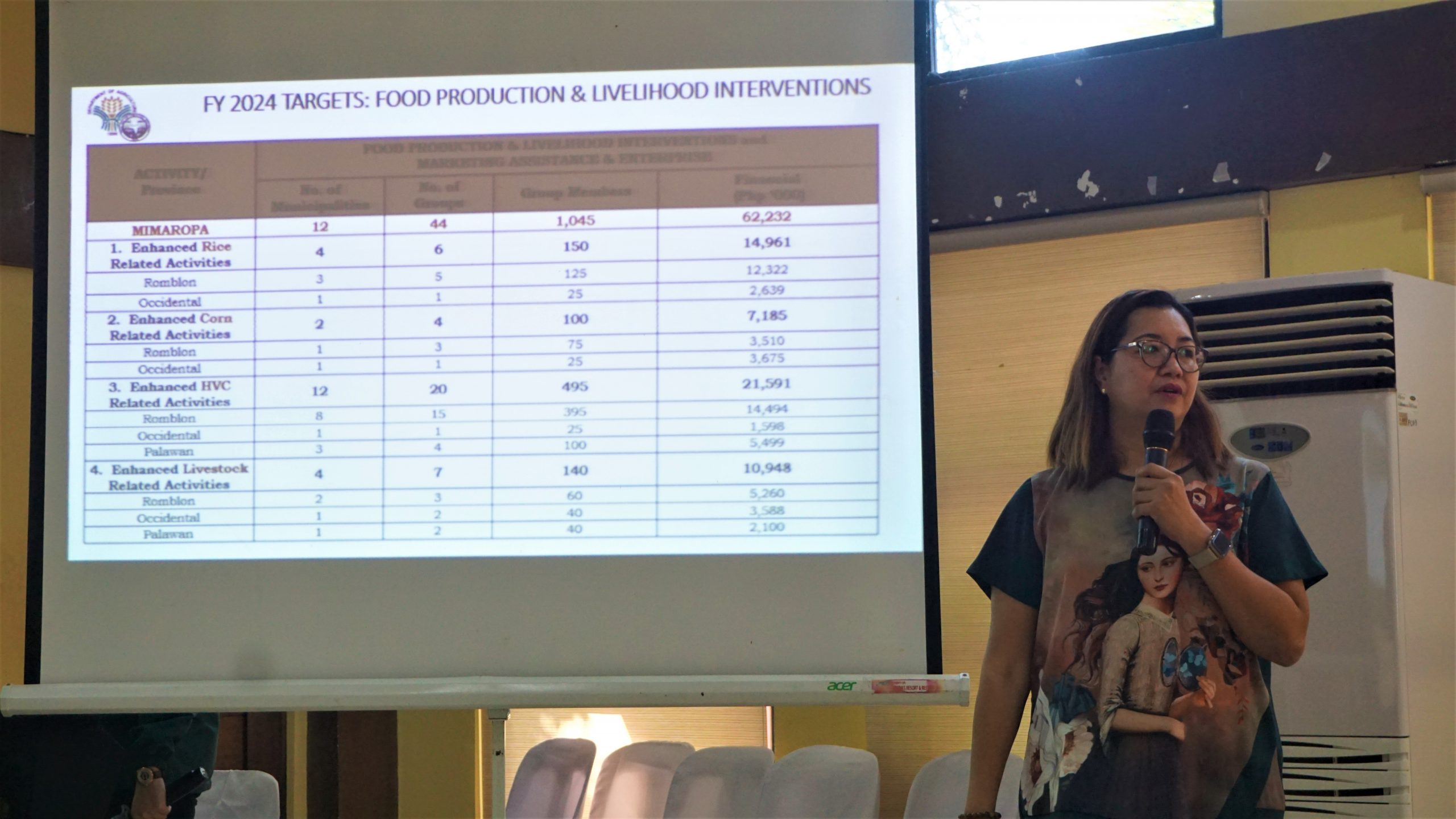
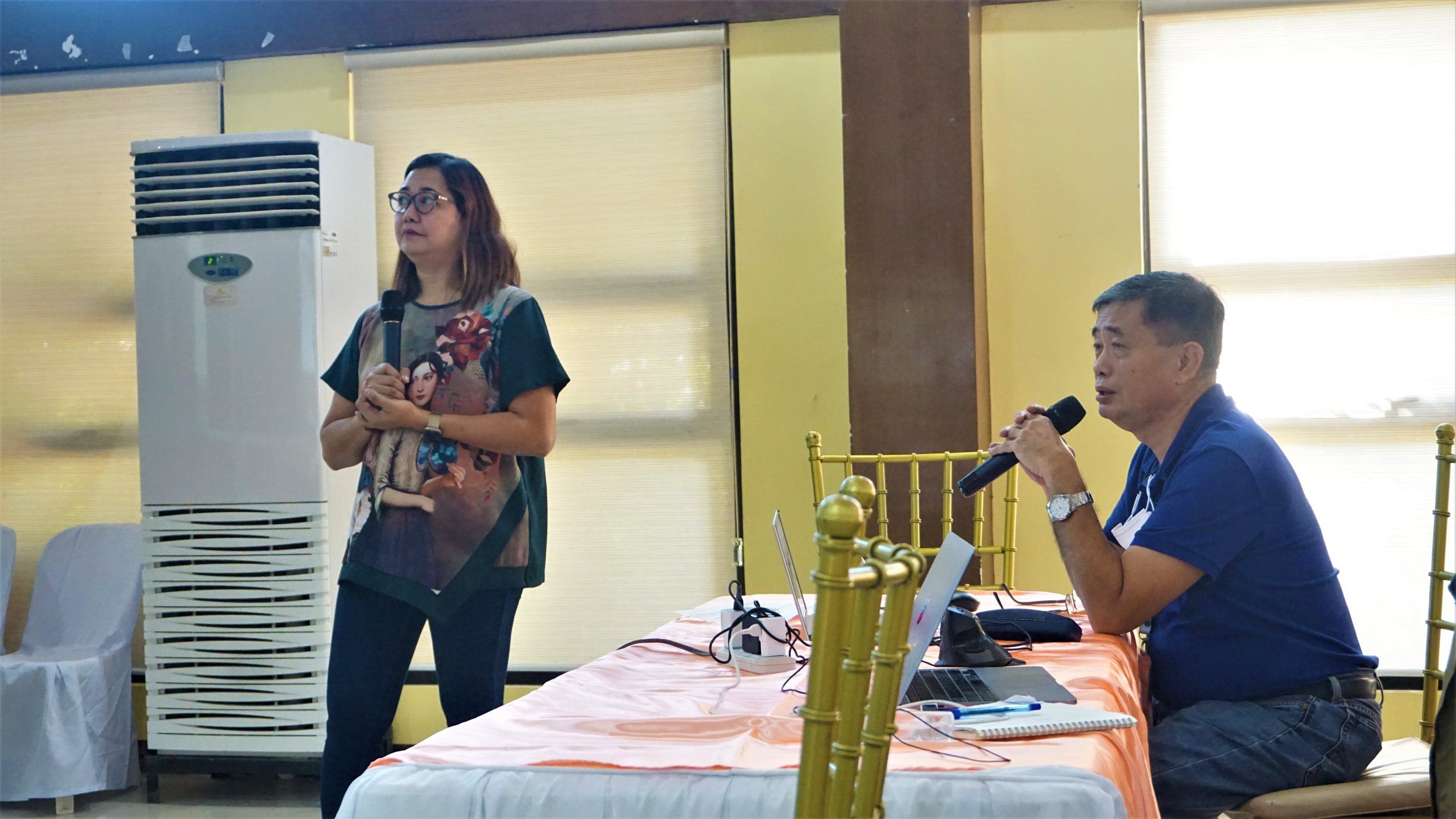
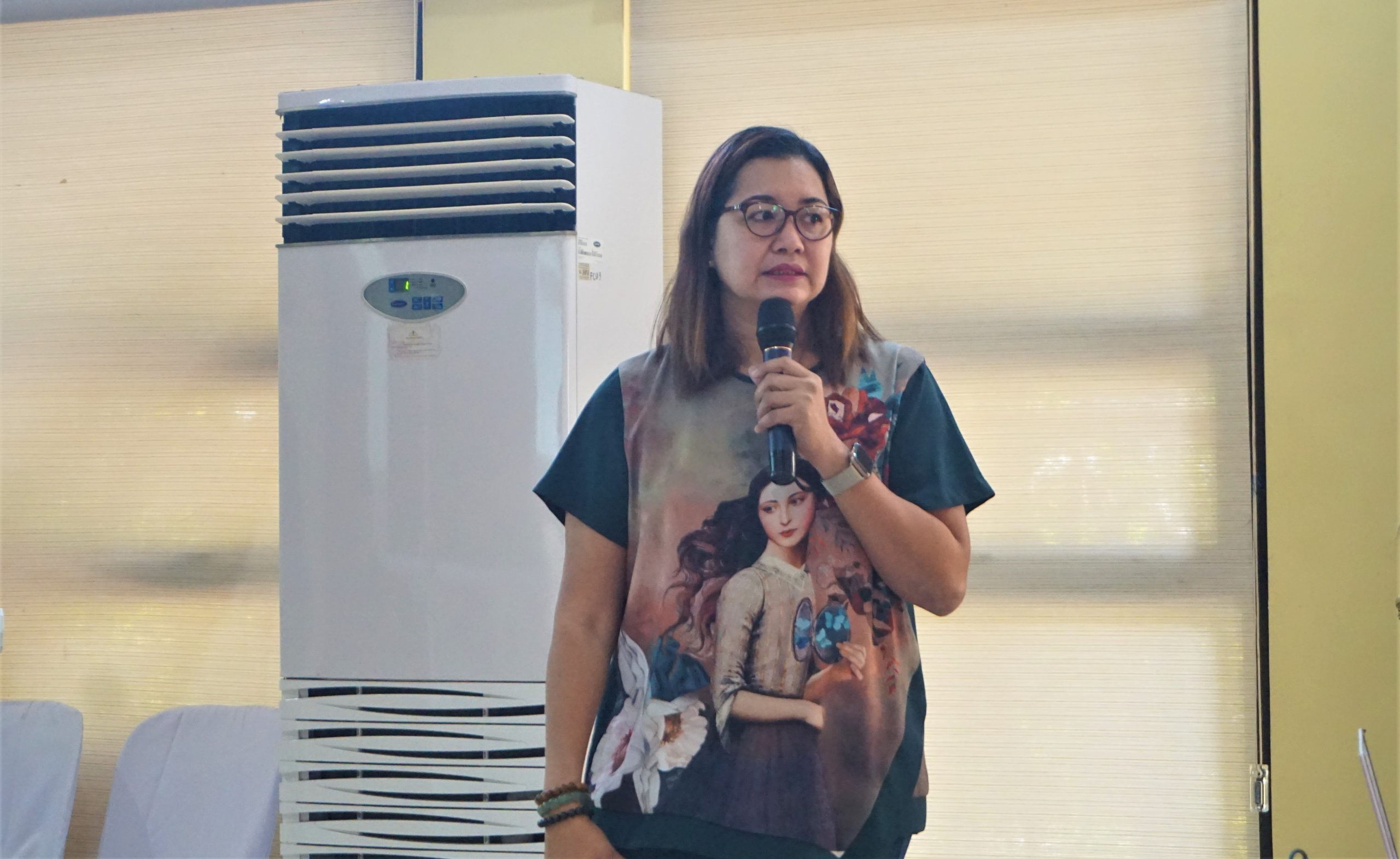
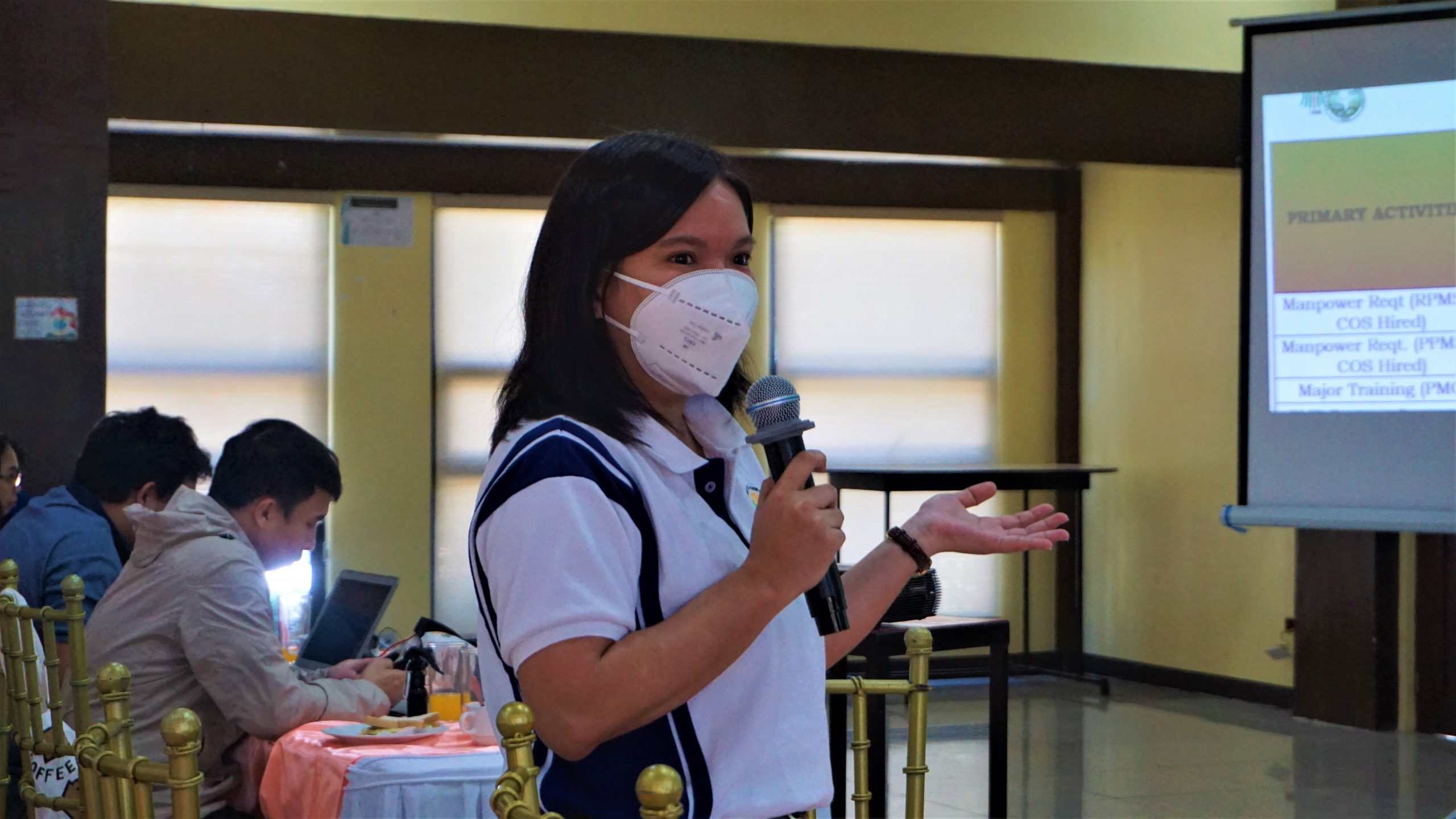
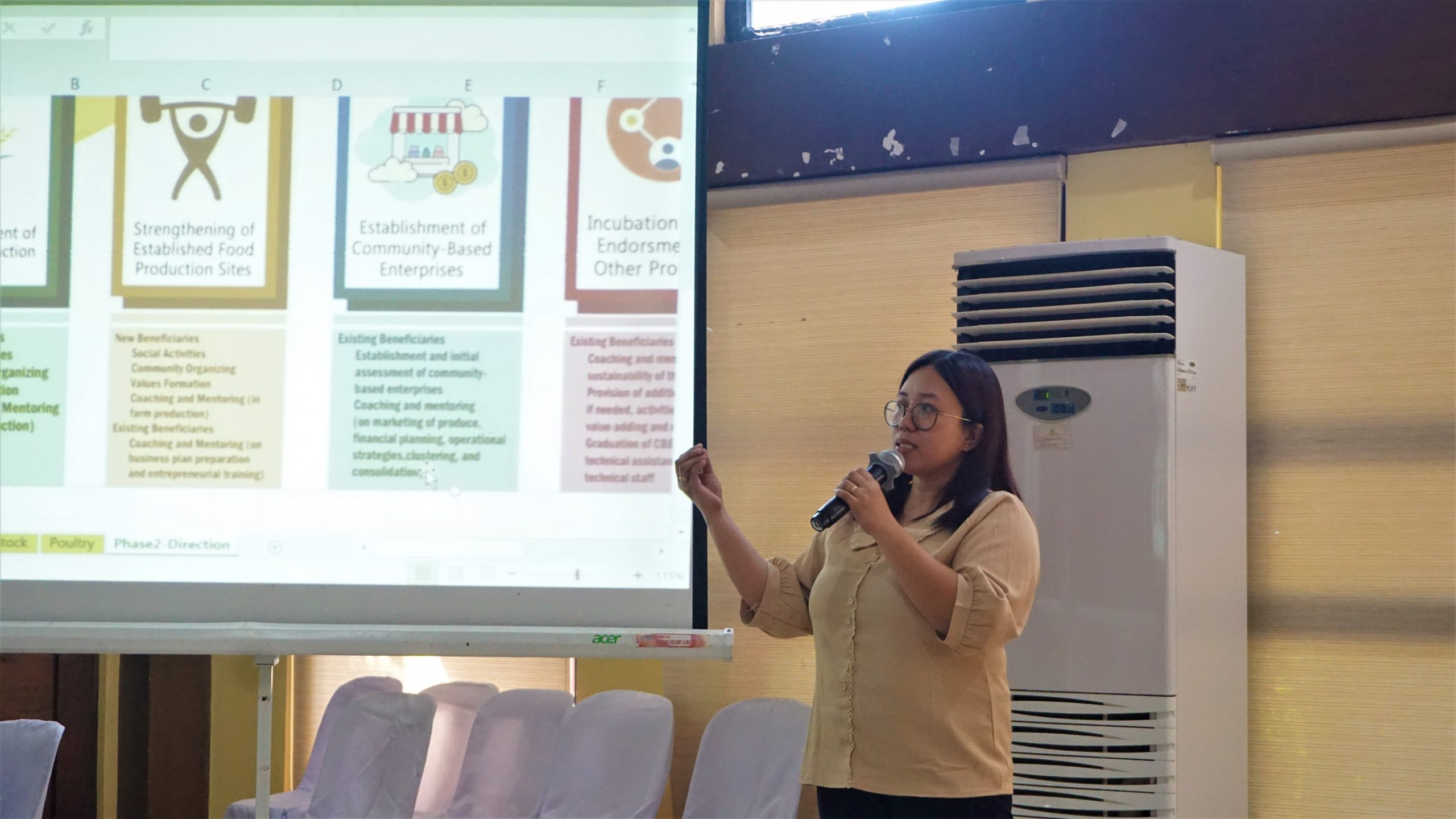
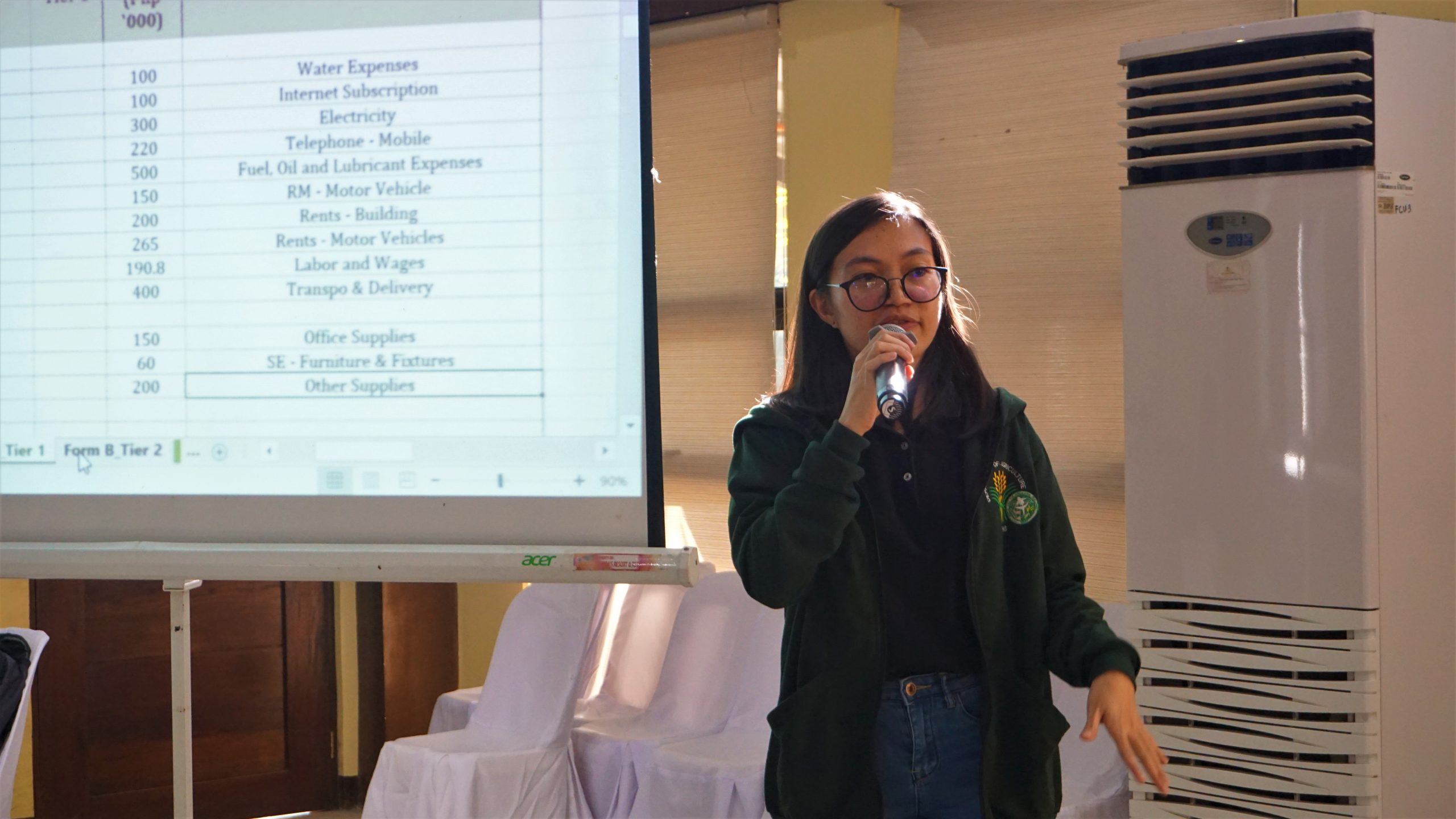
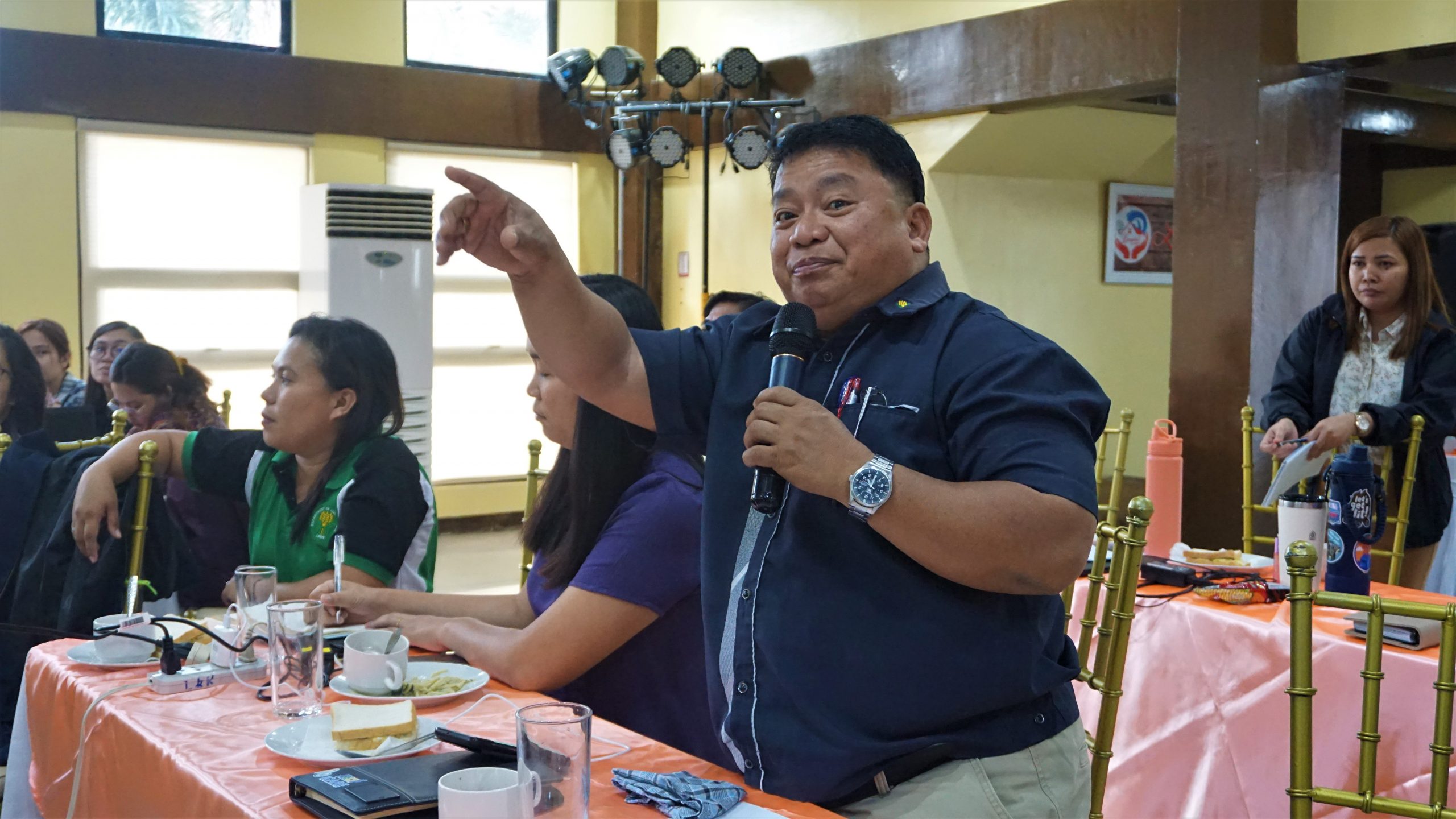
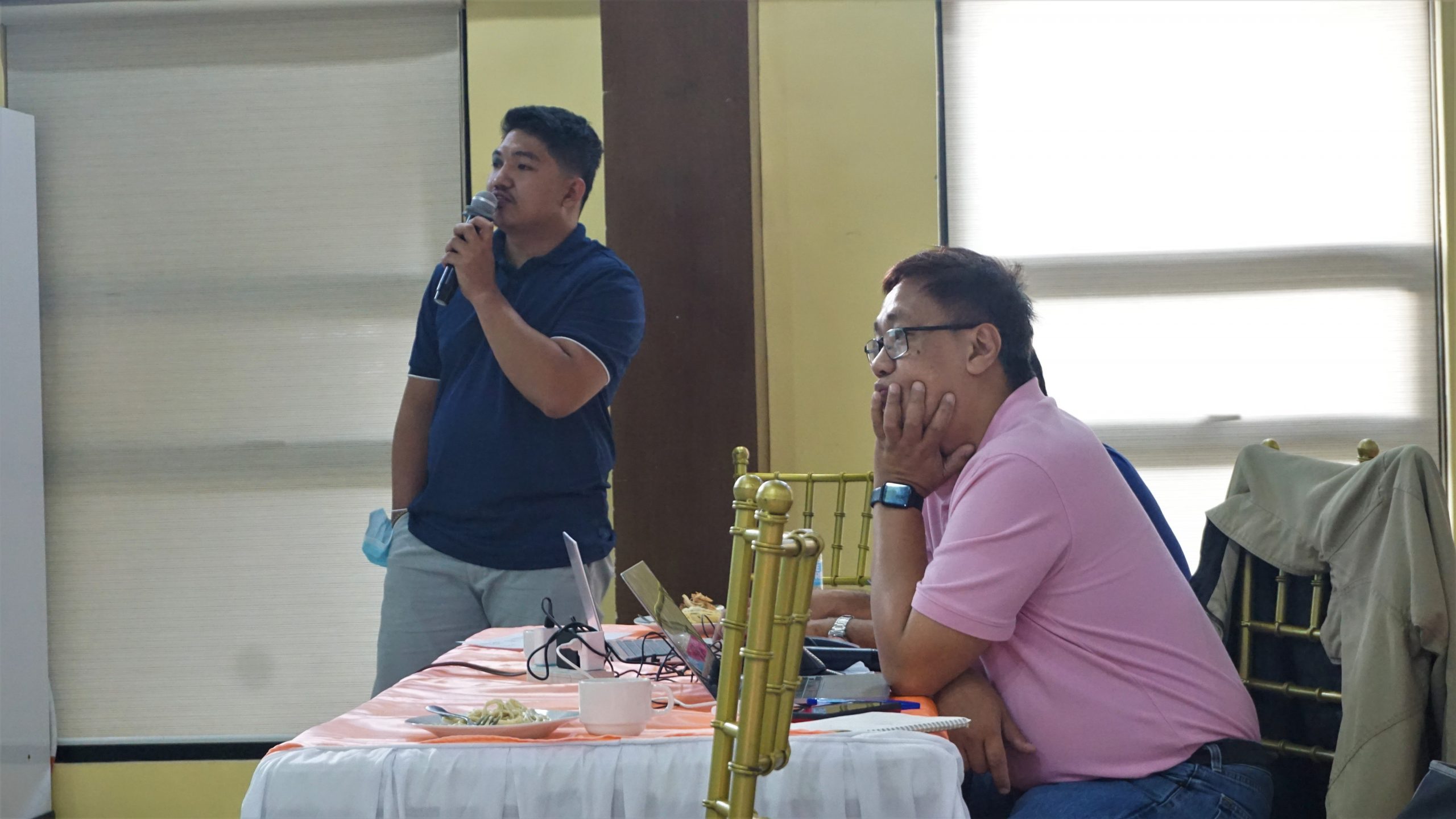
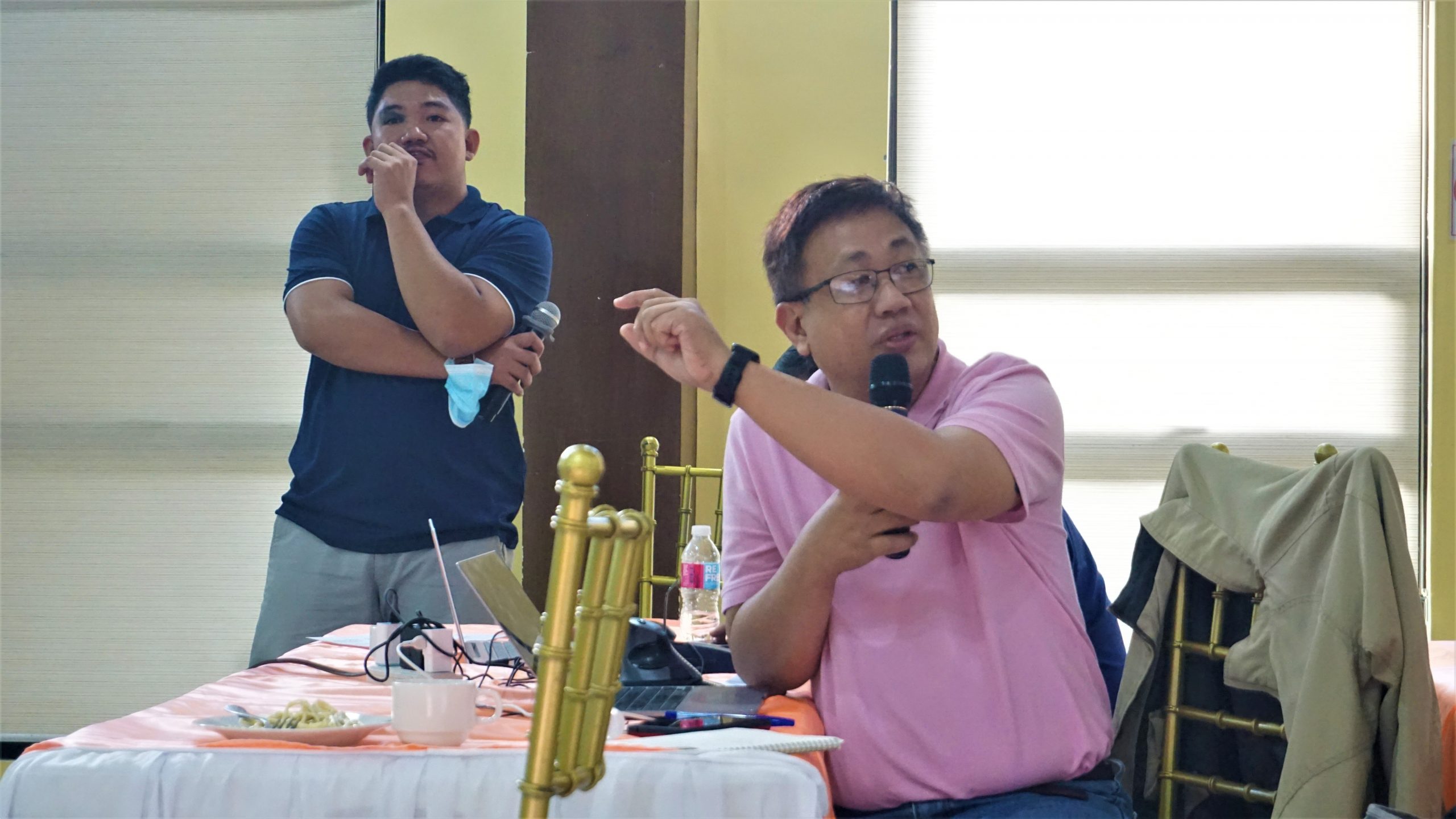
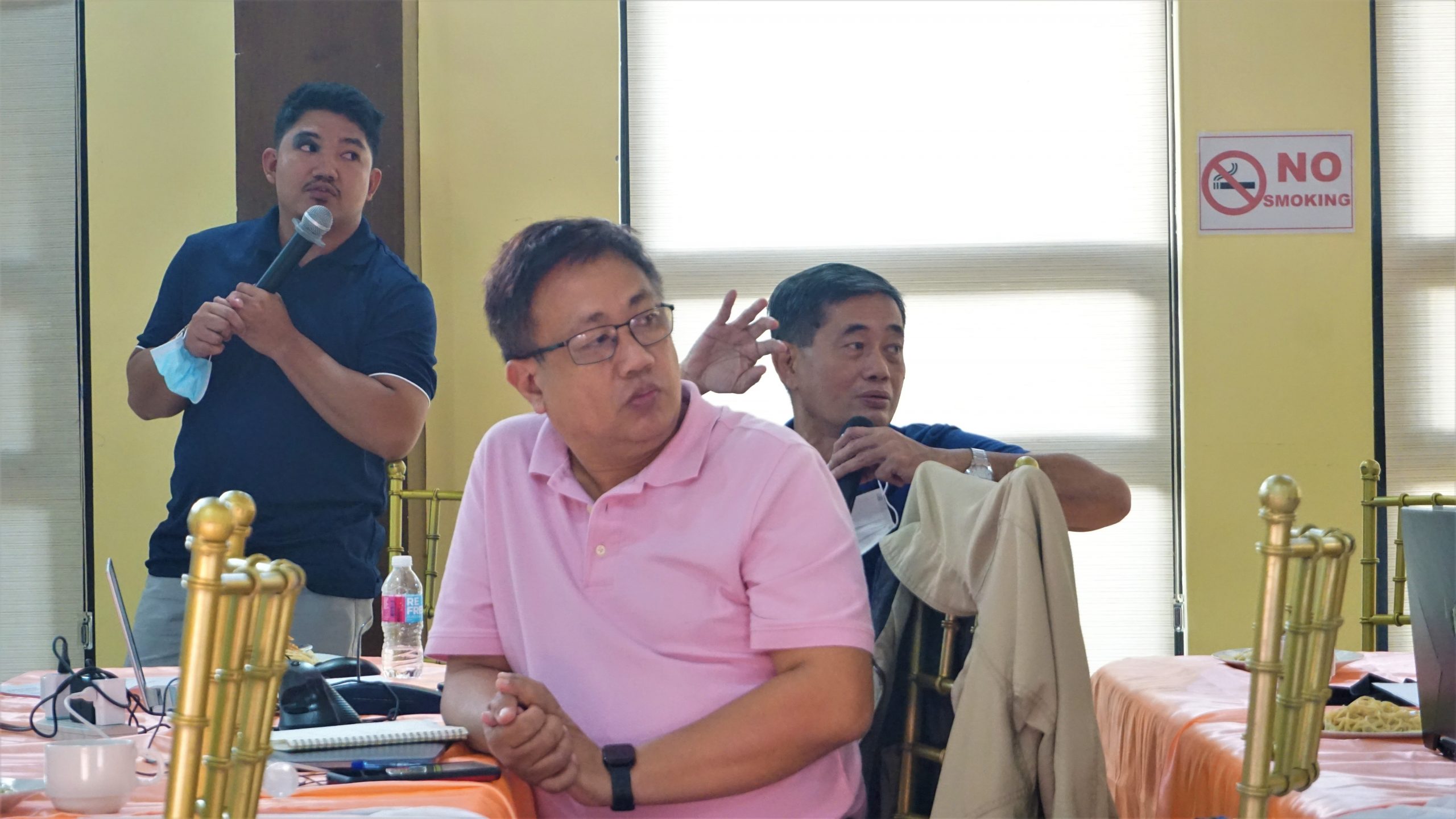
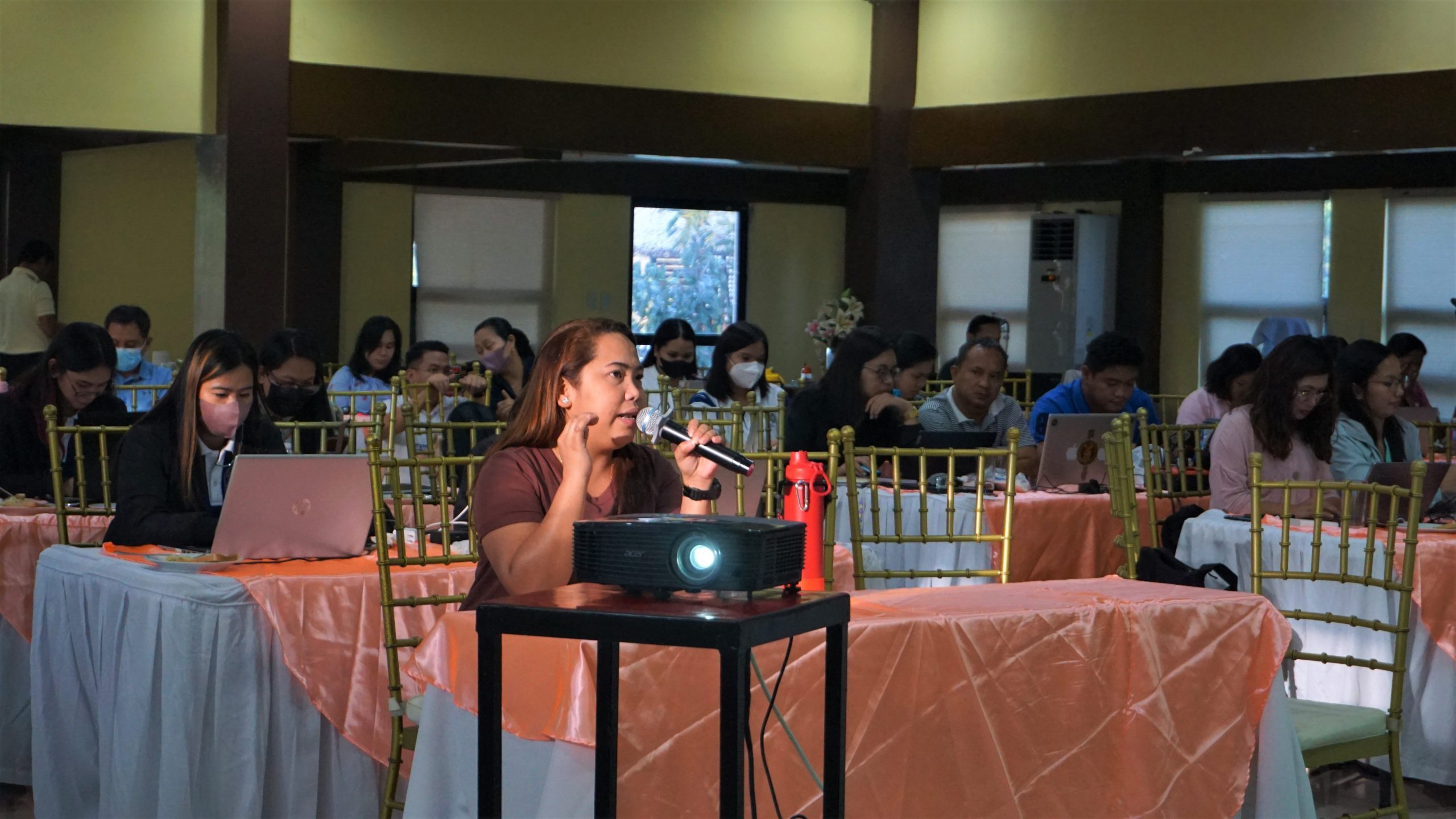
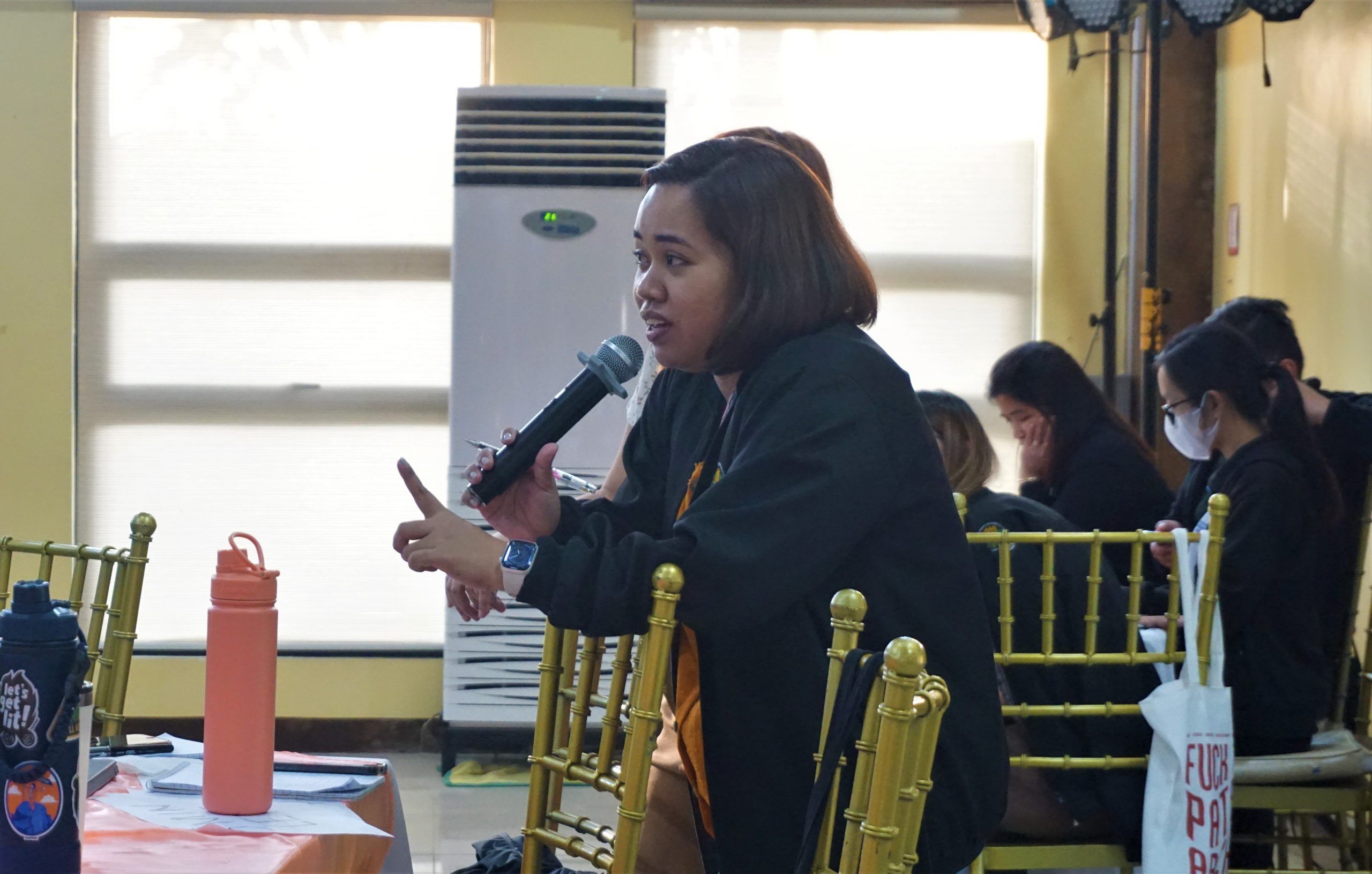
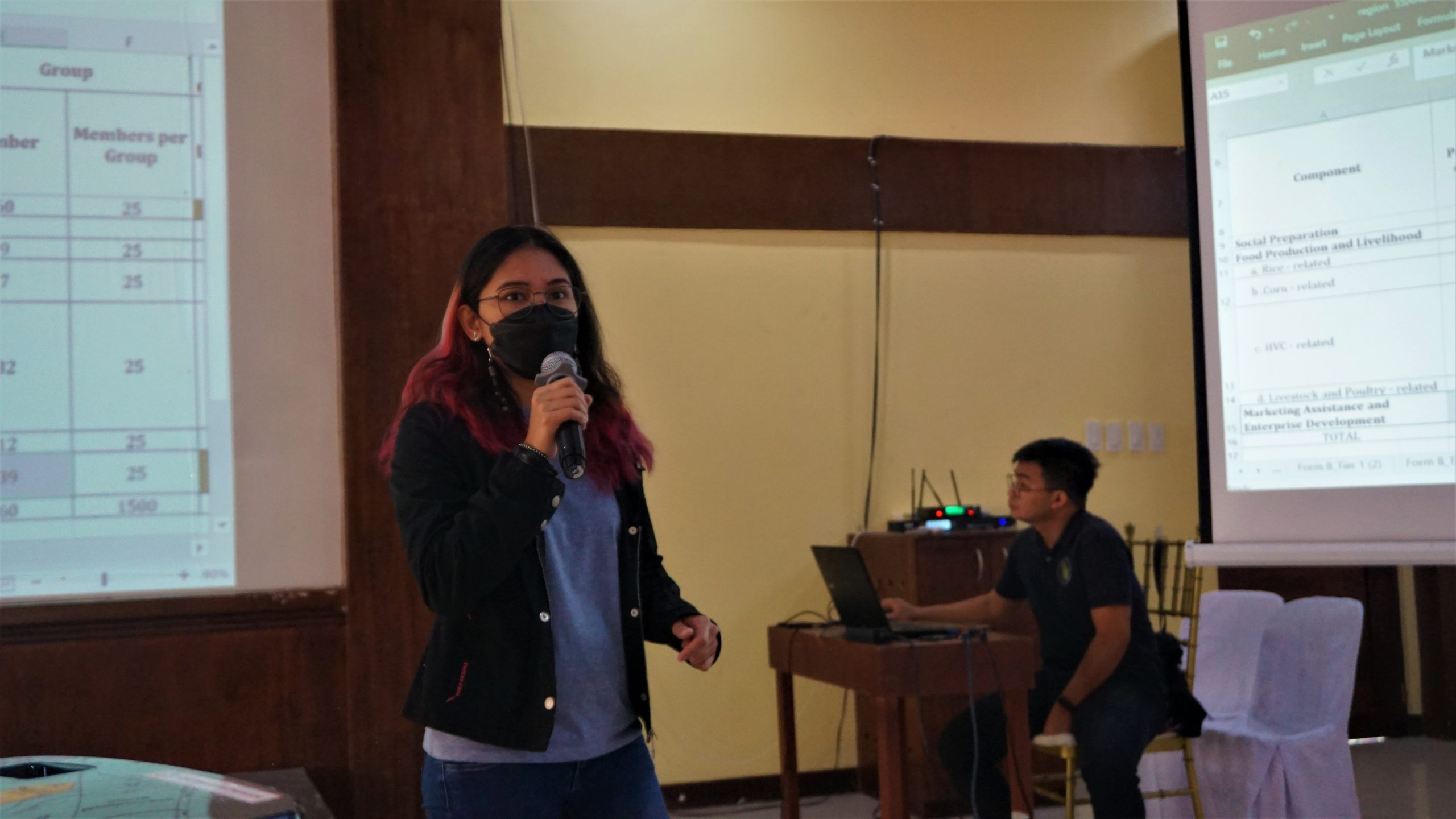
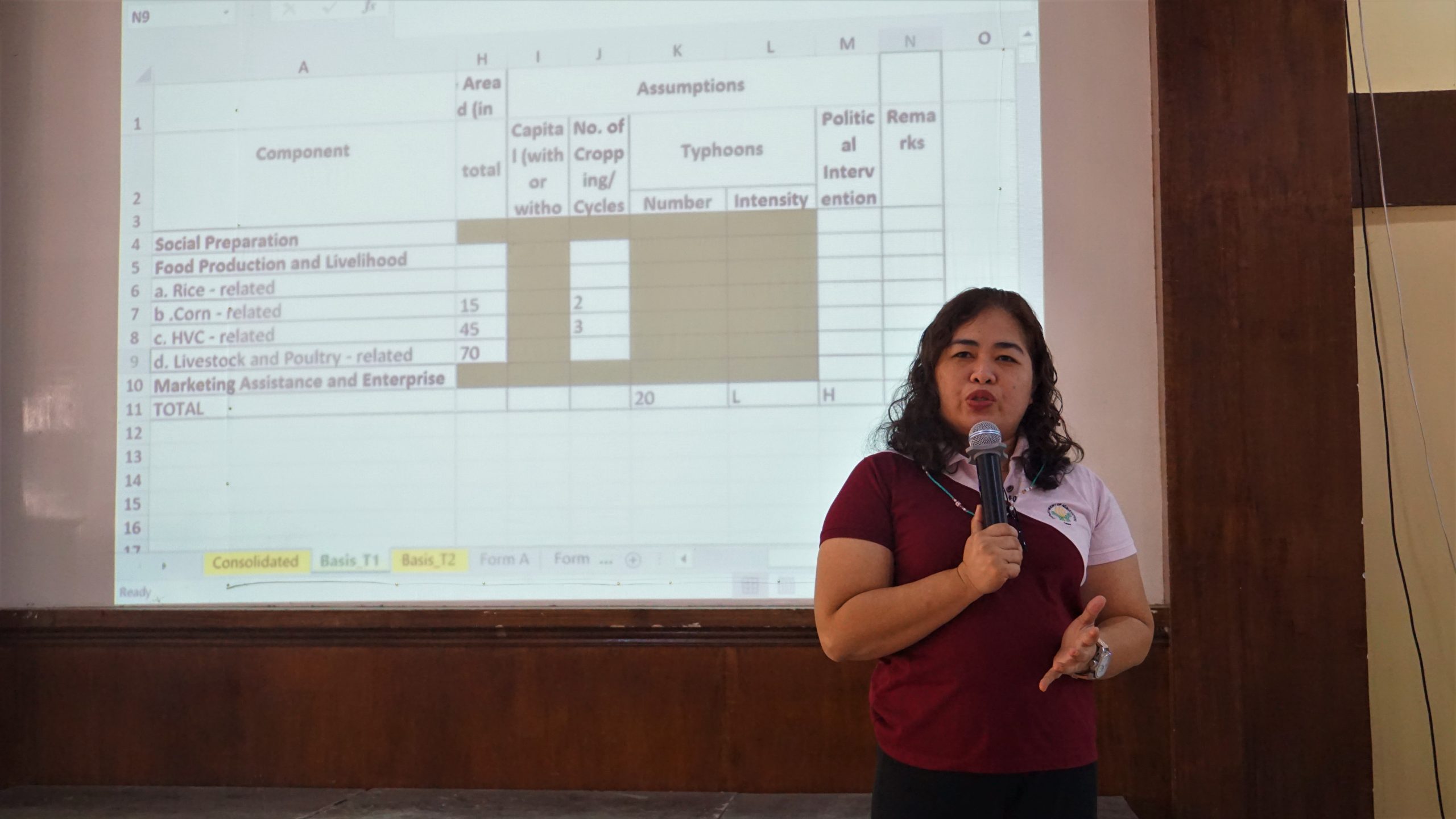
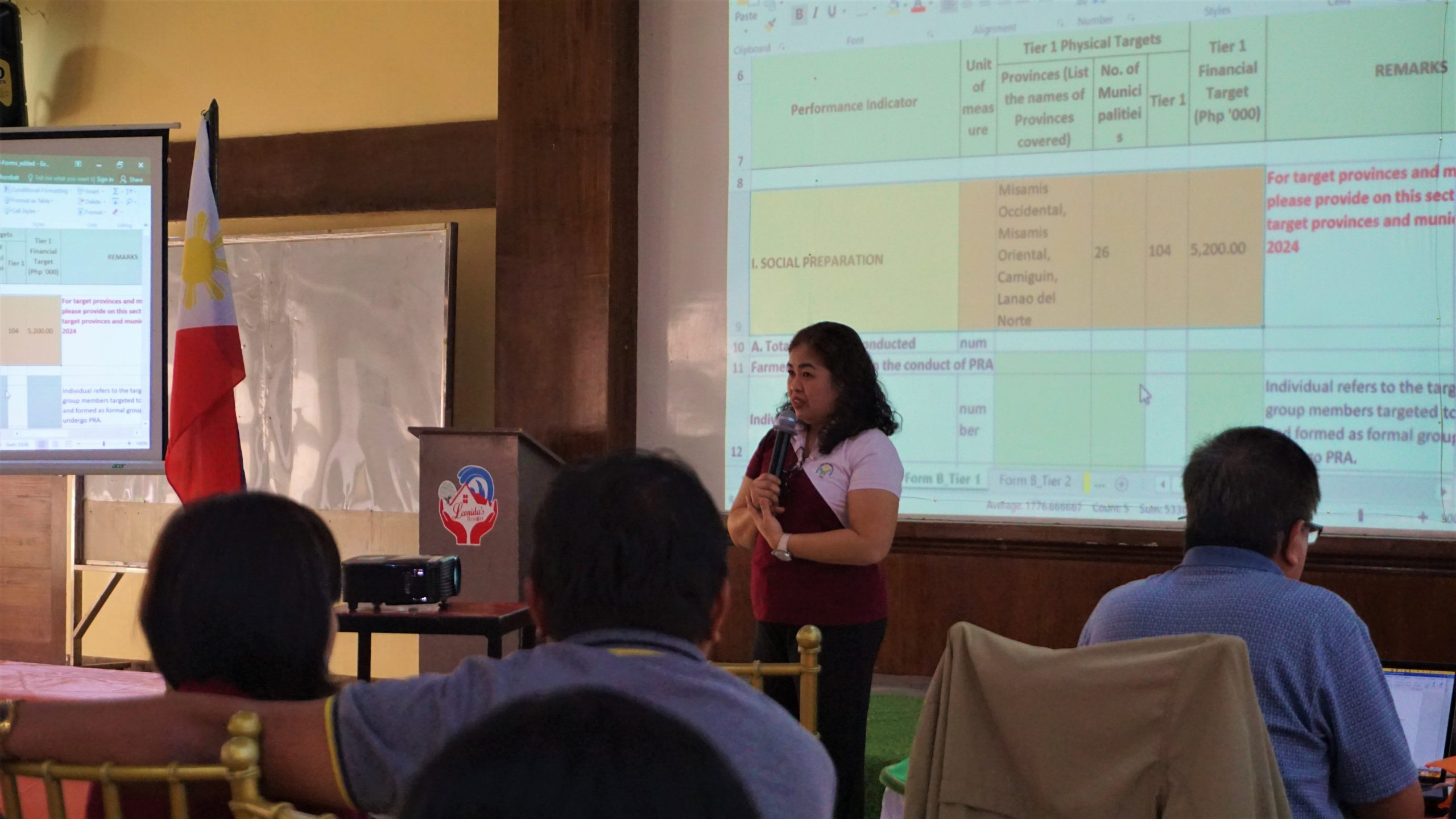
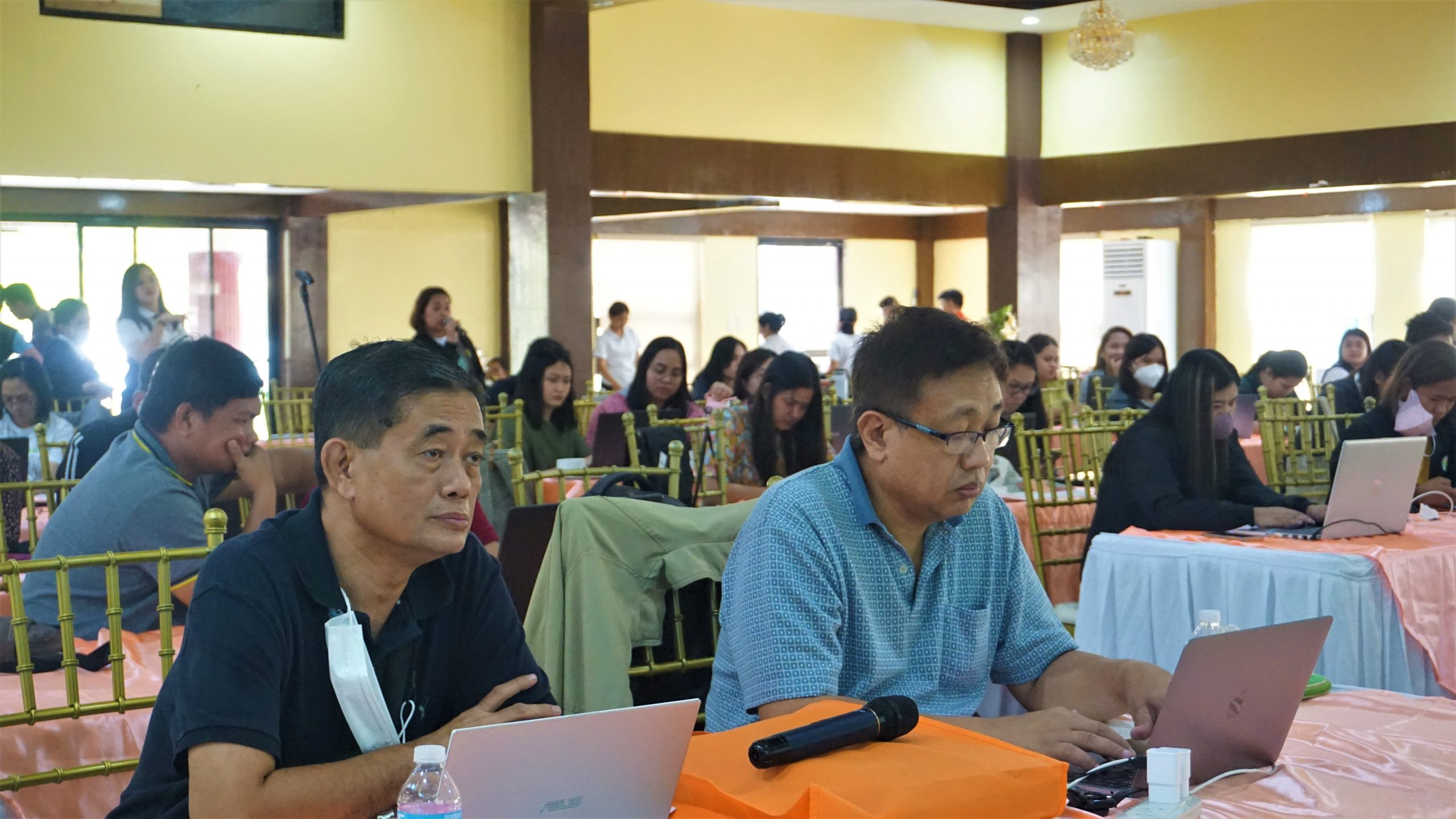
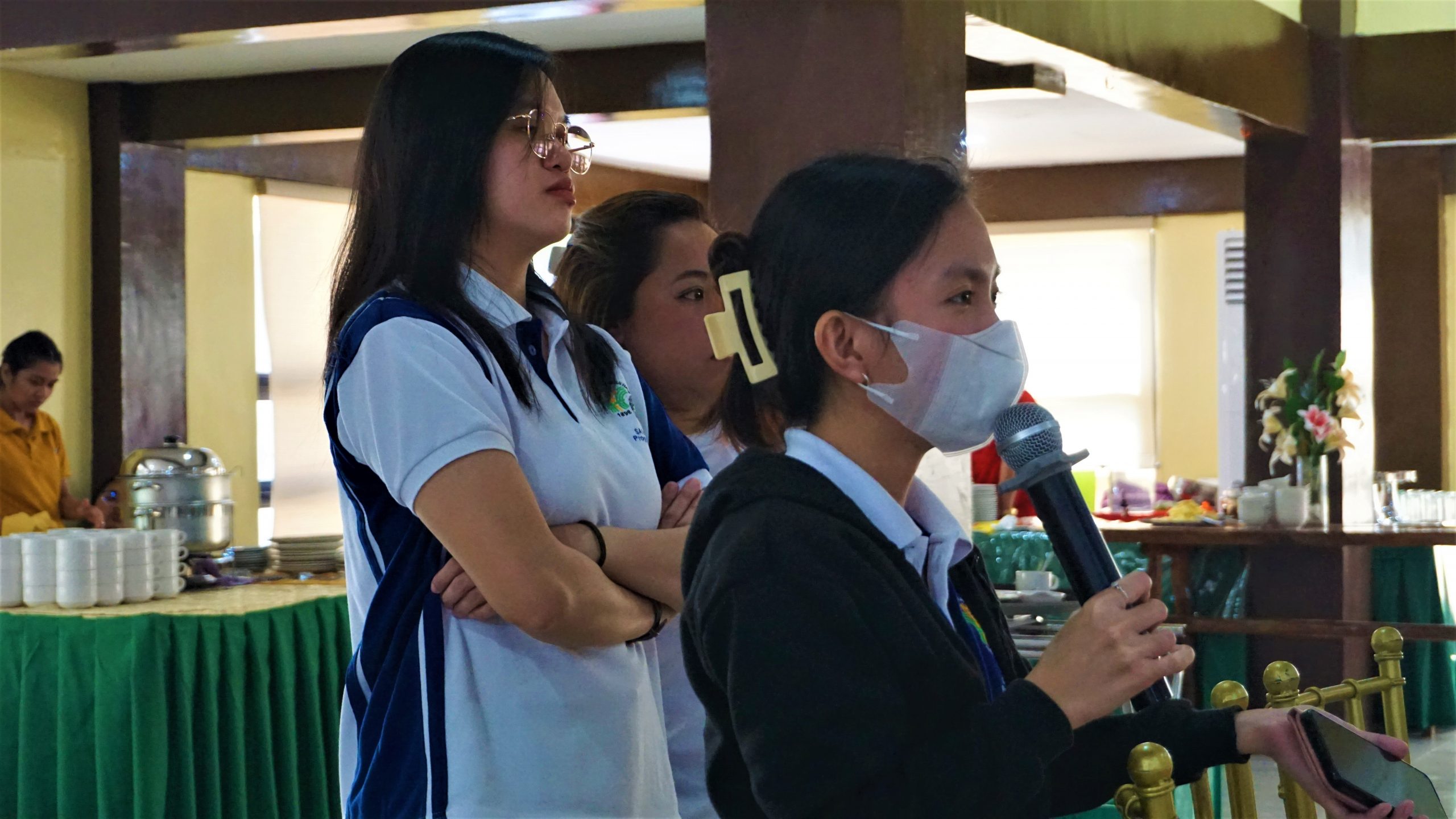
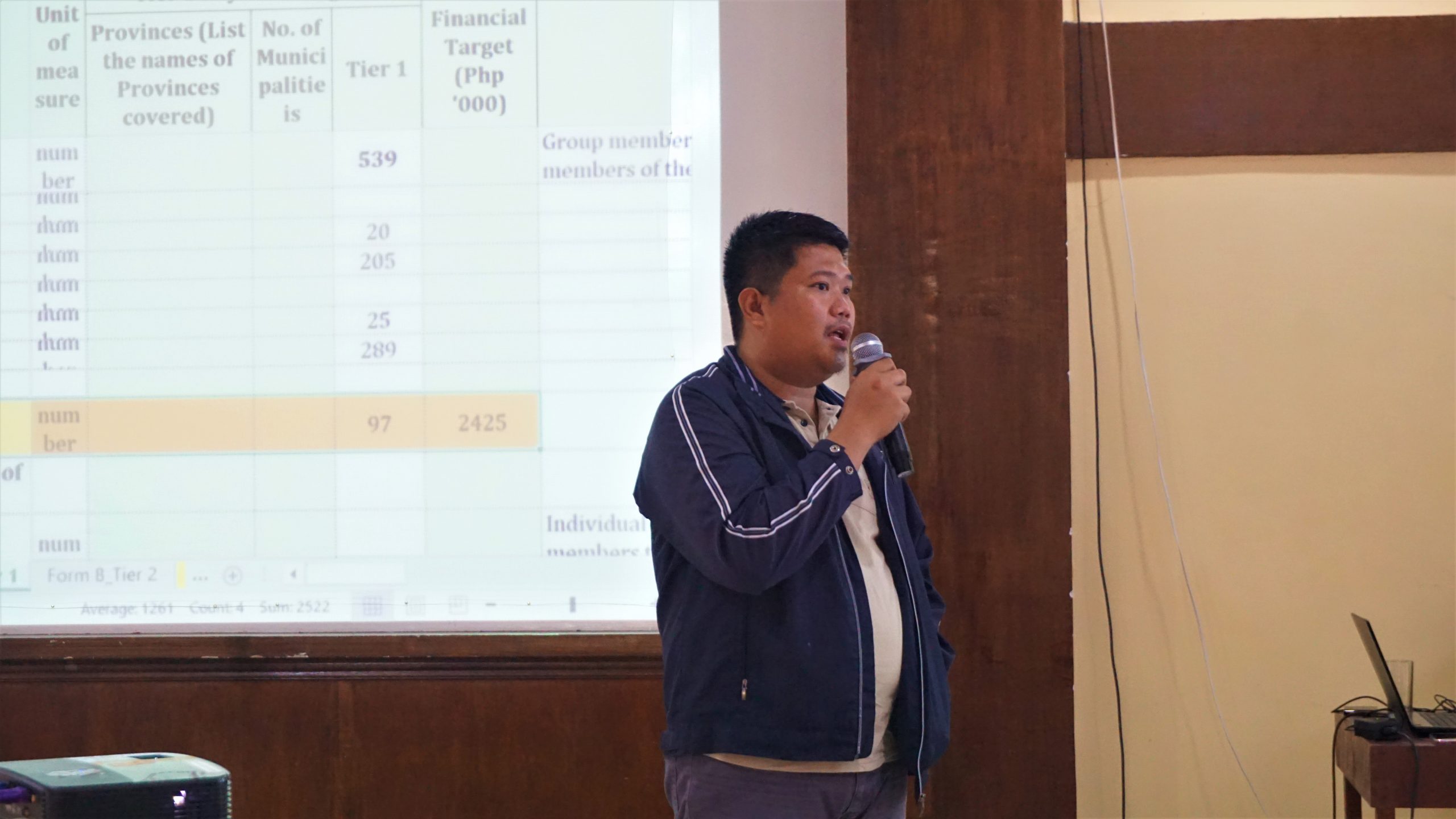
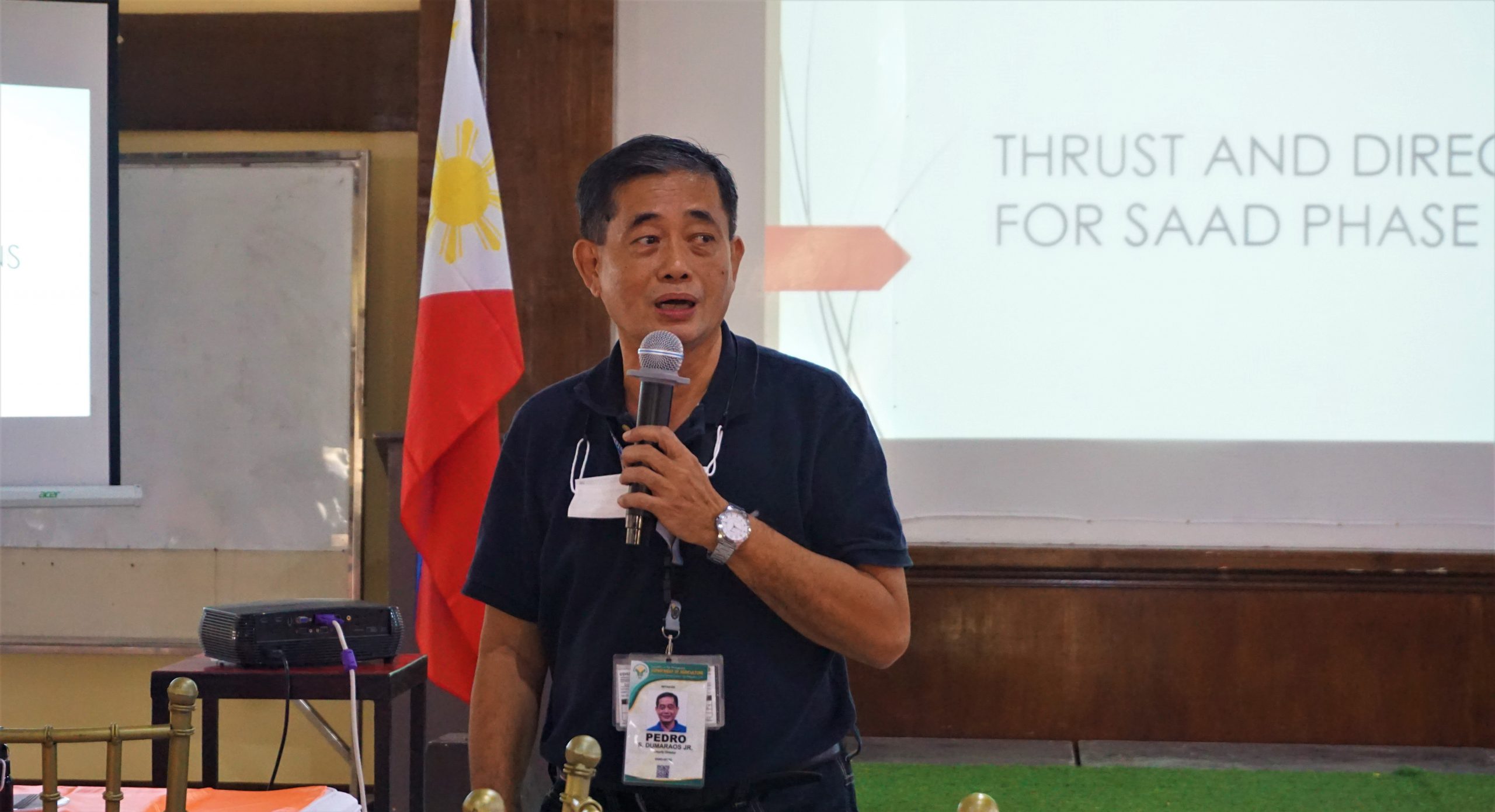
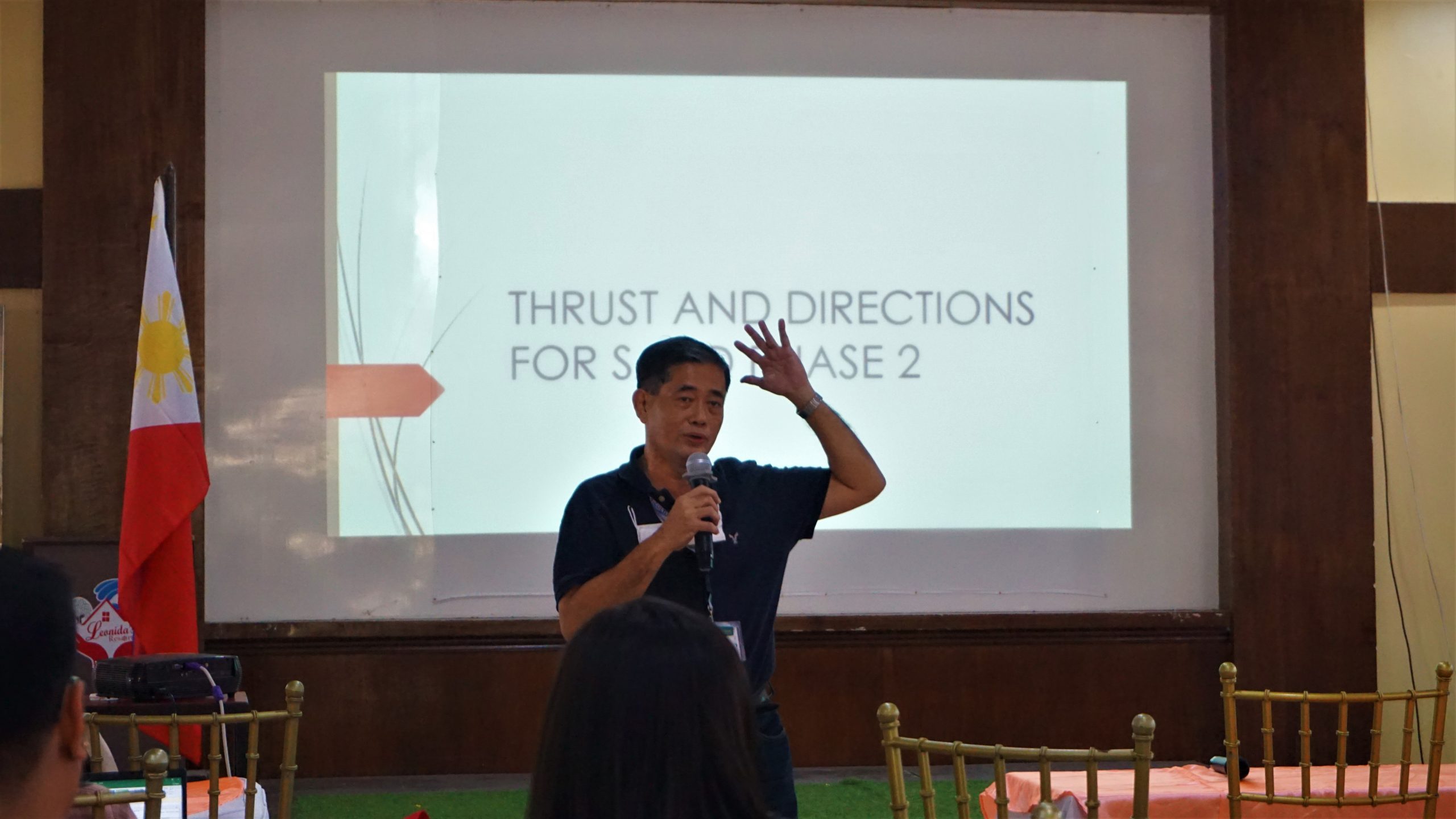
Comments (0)